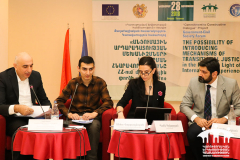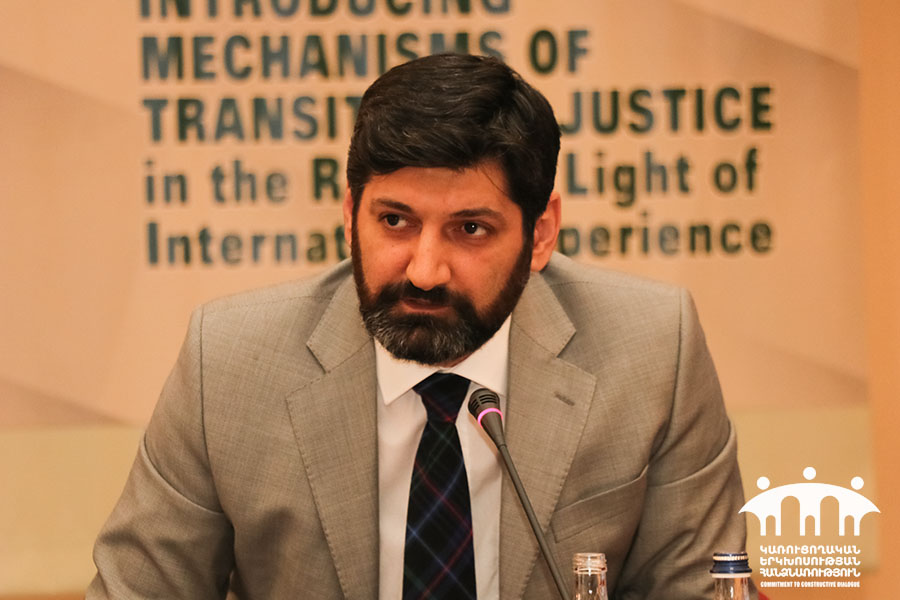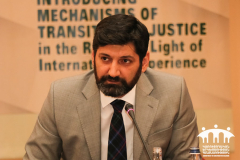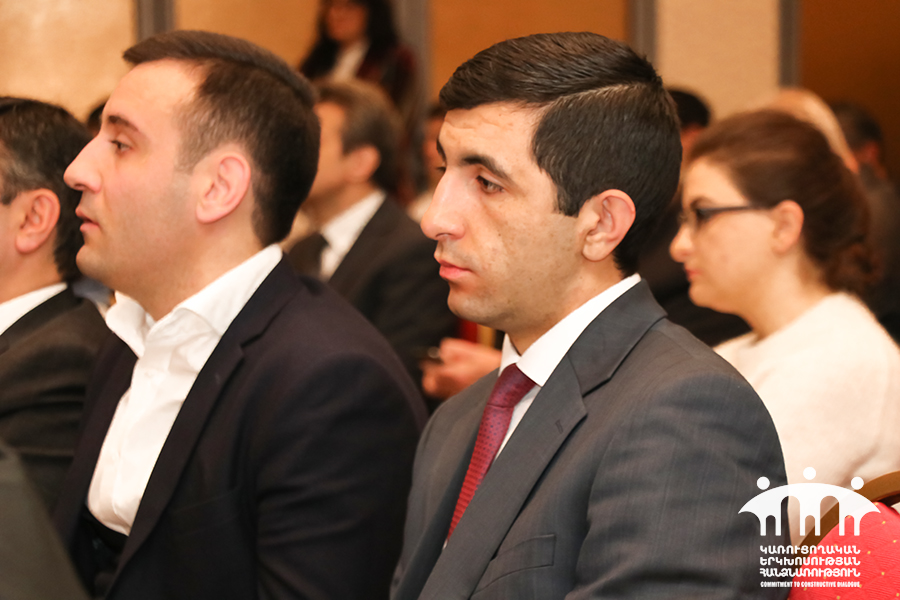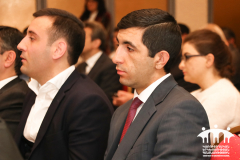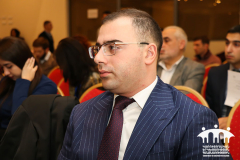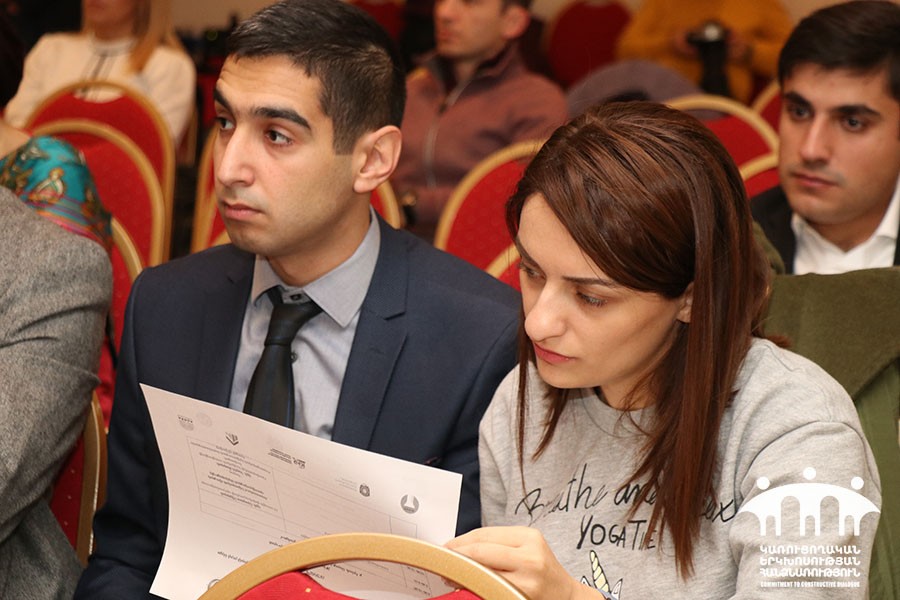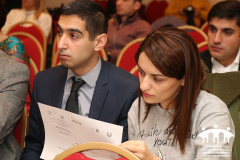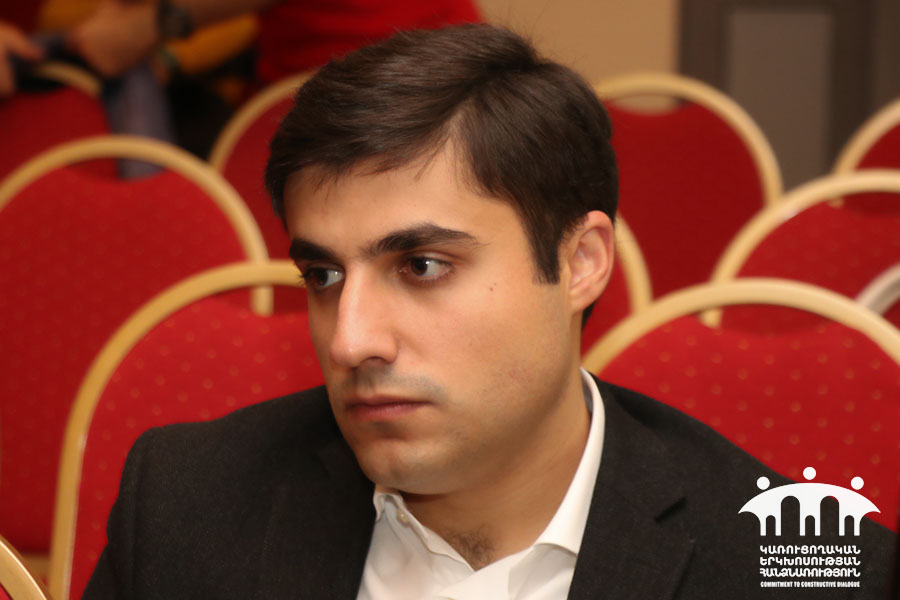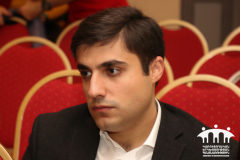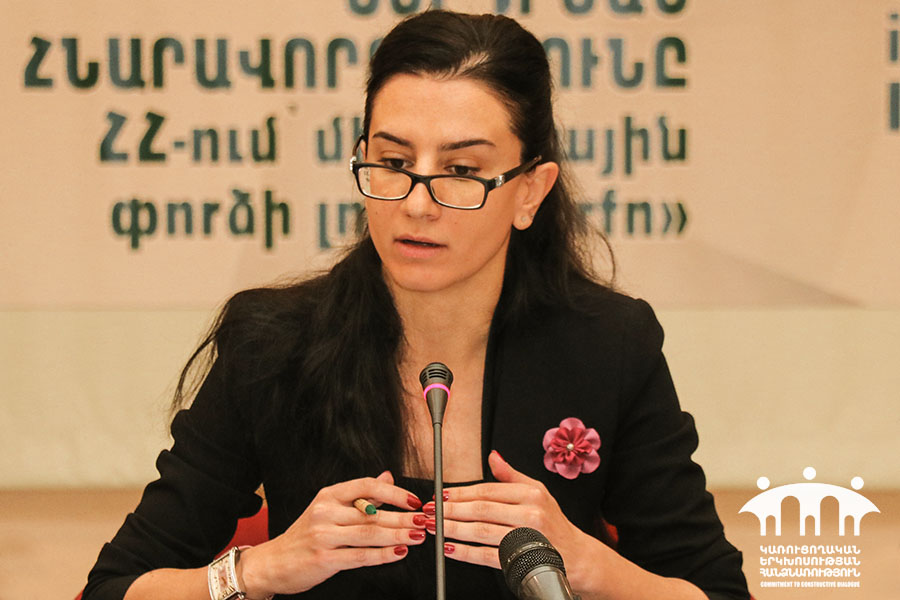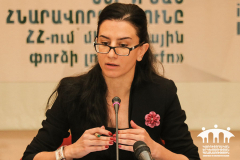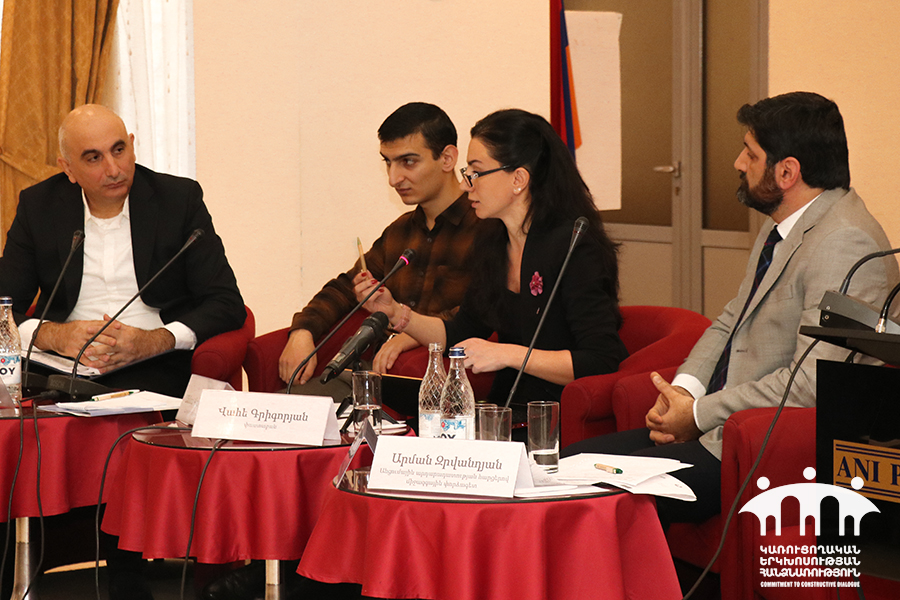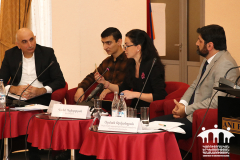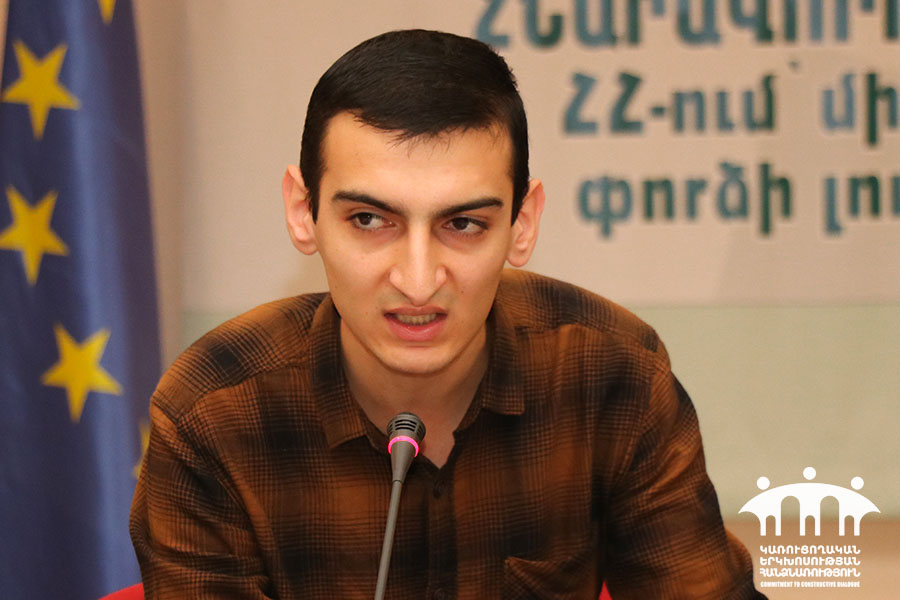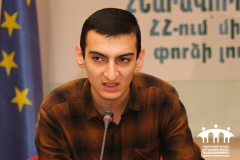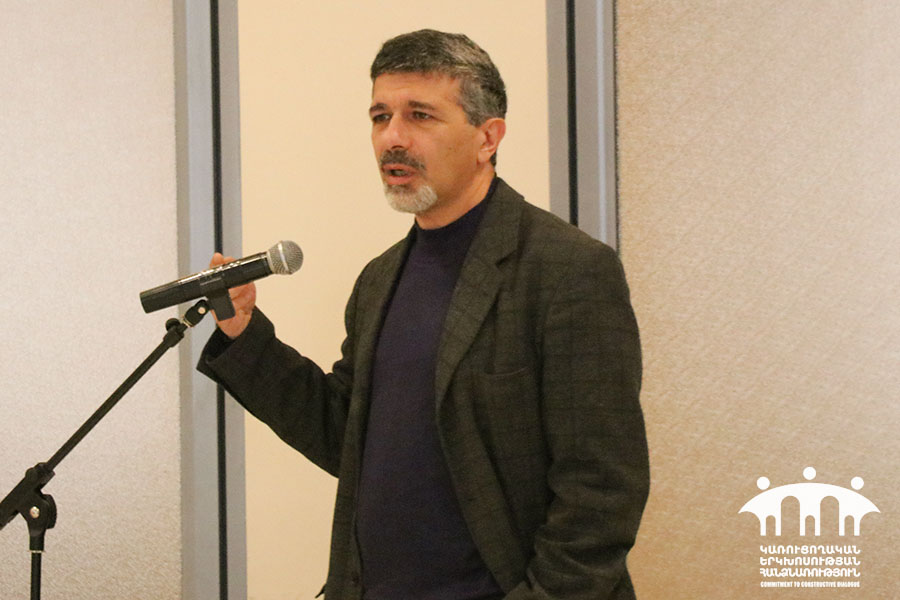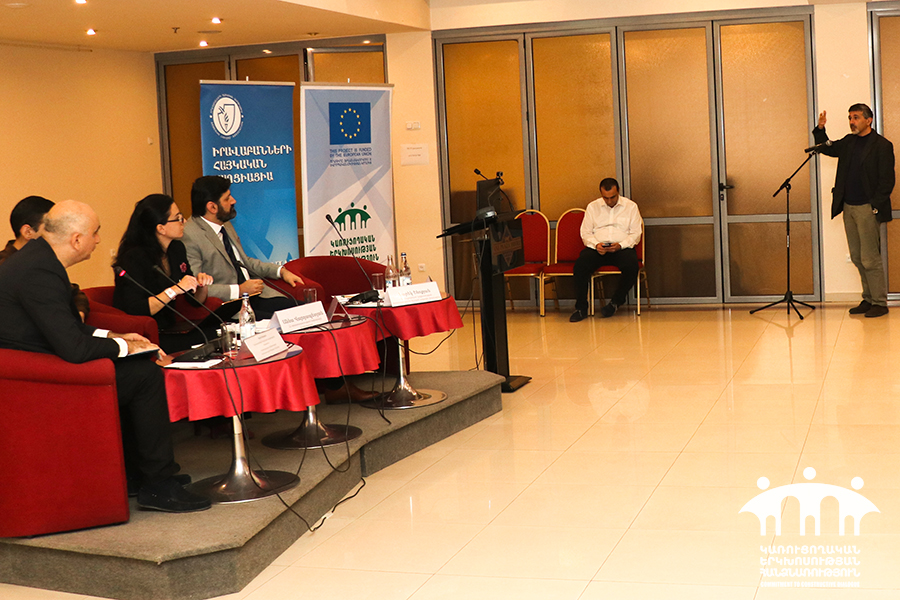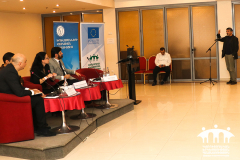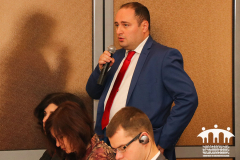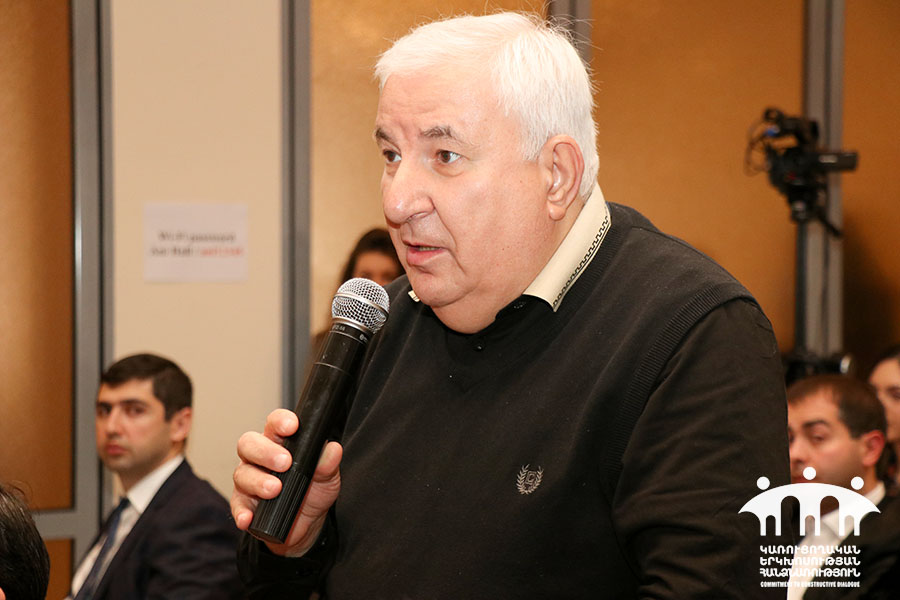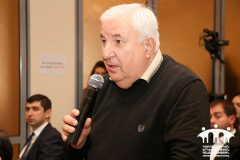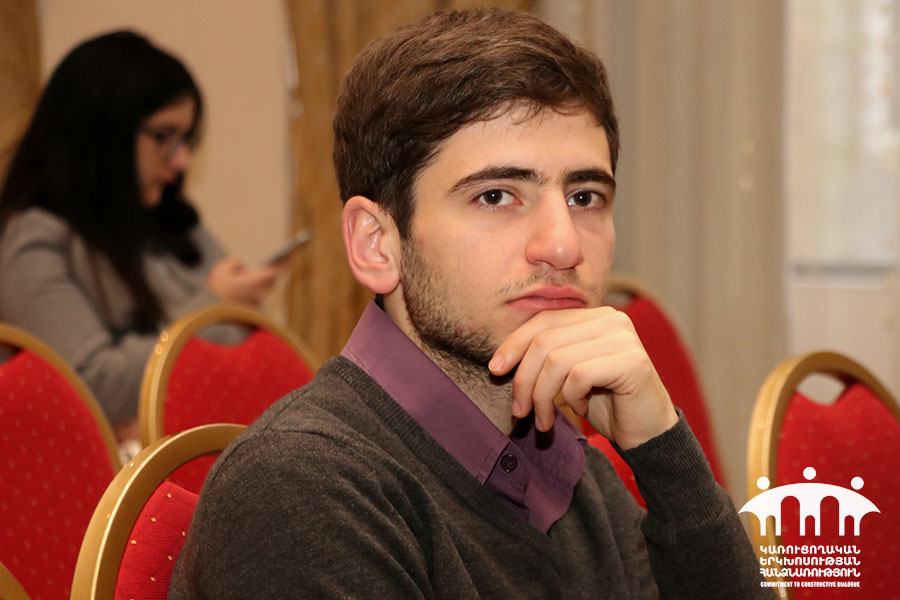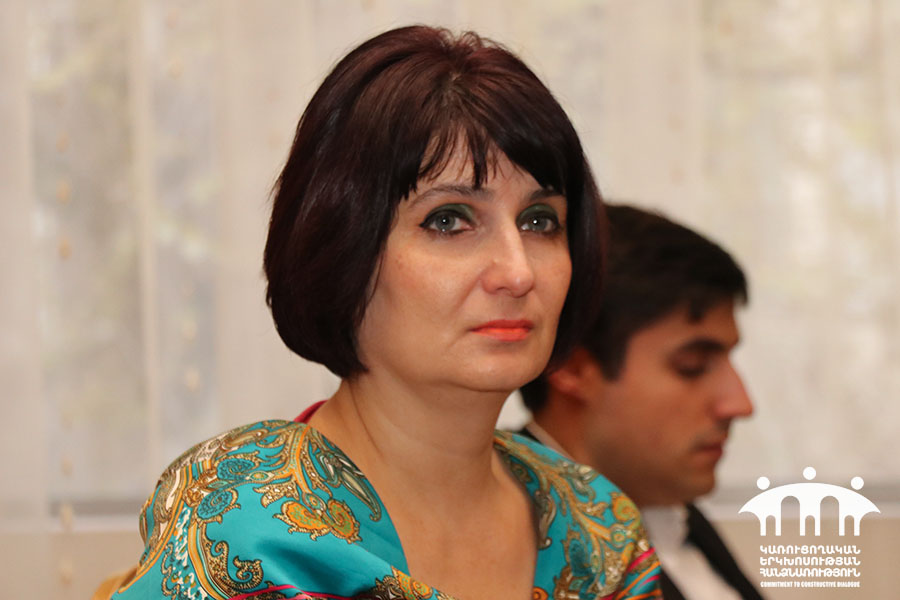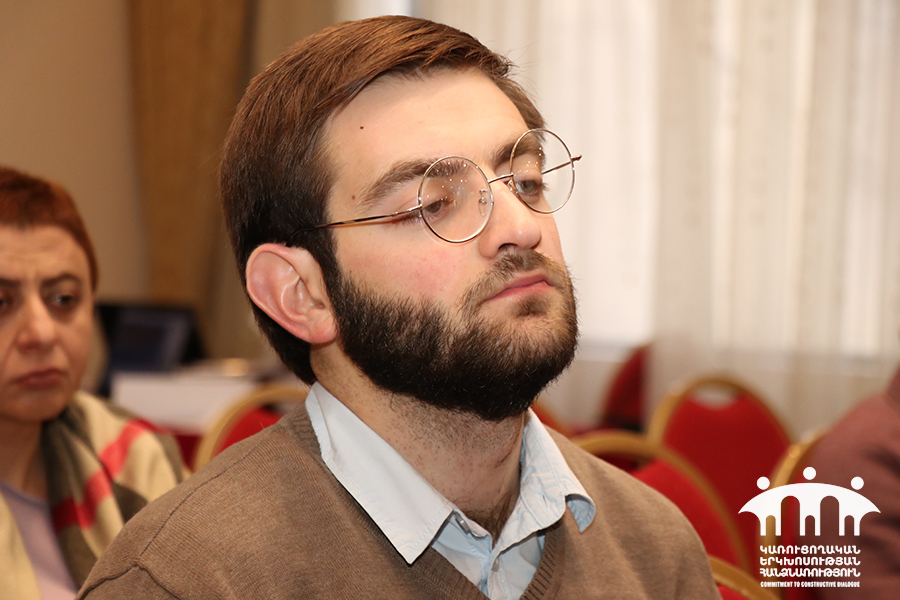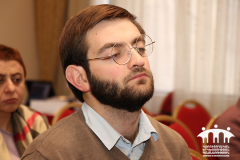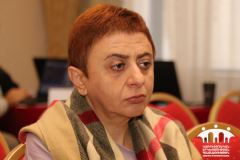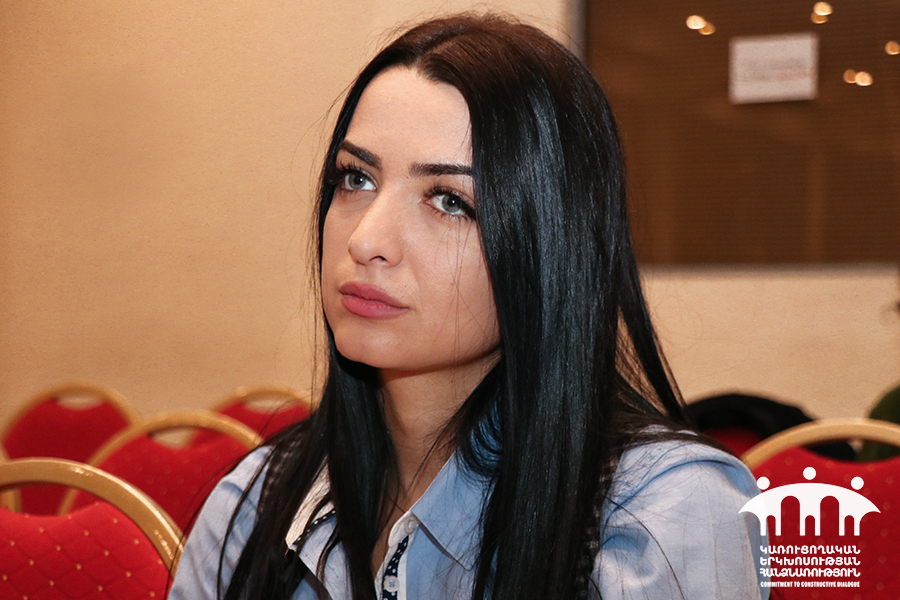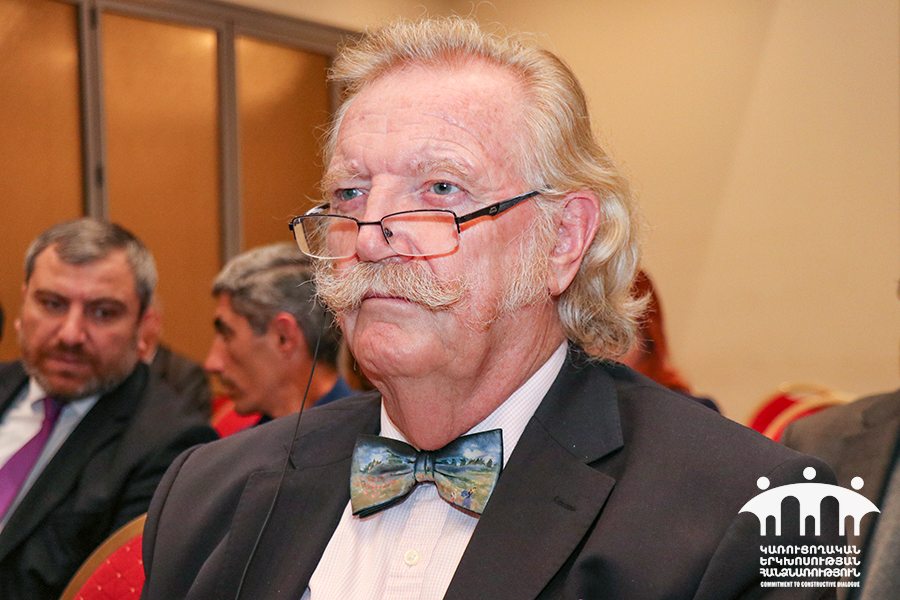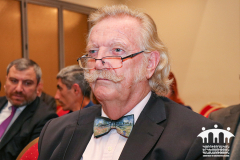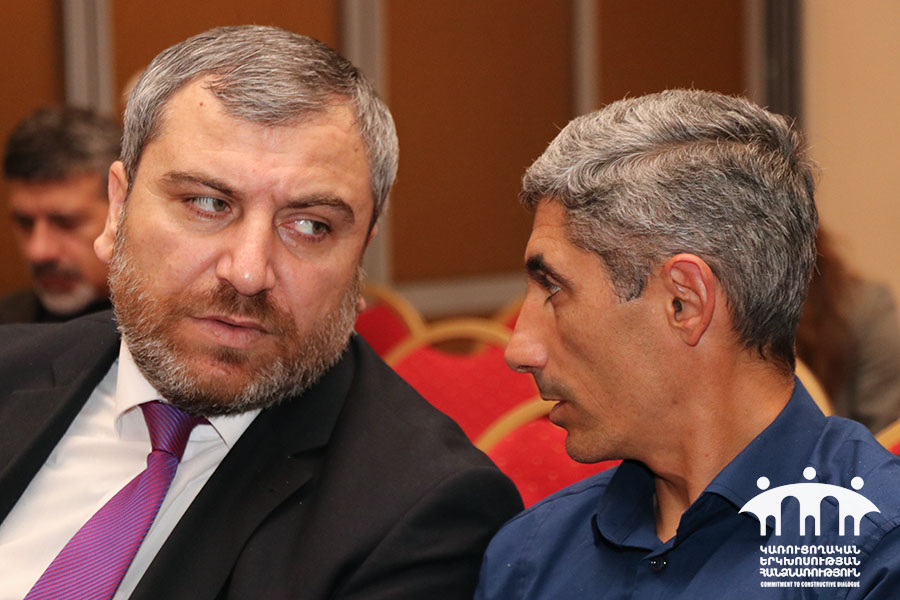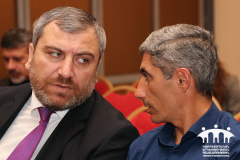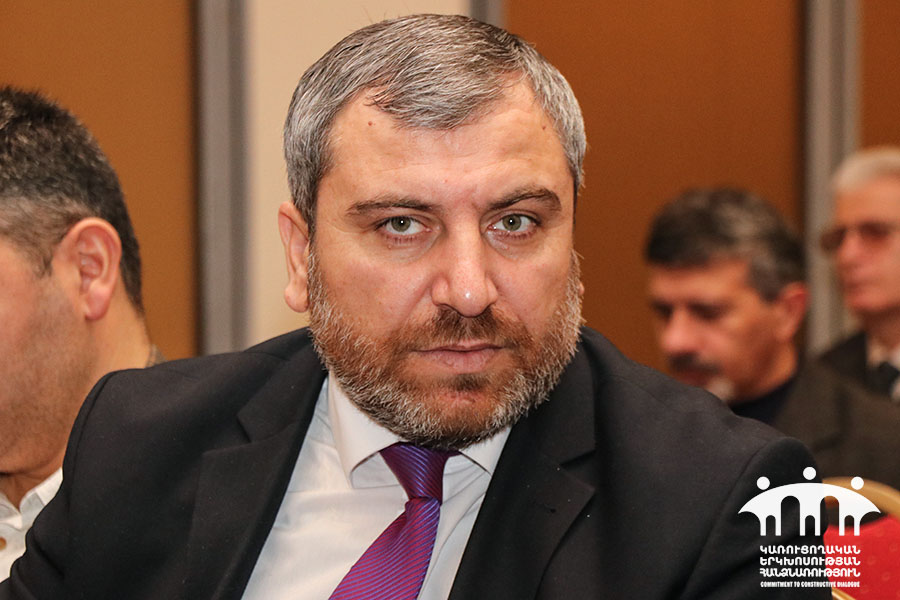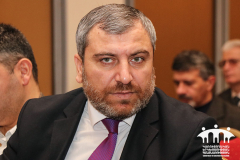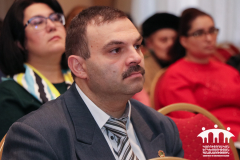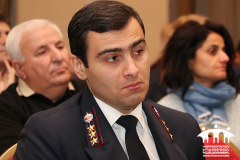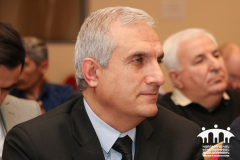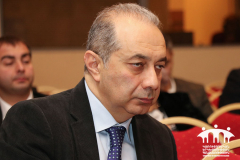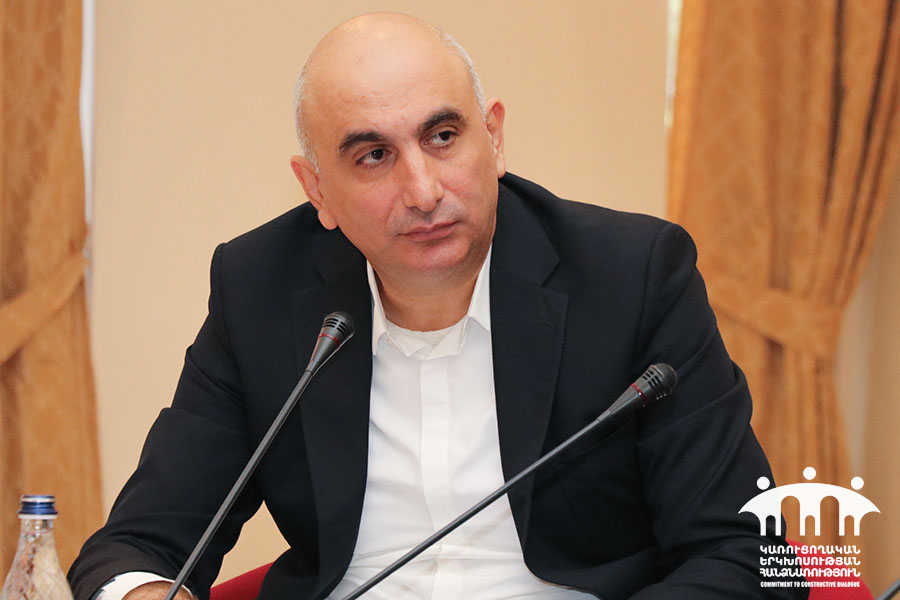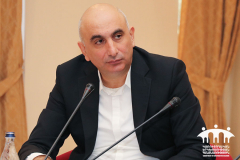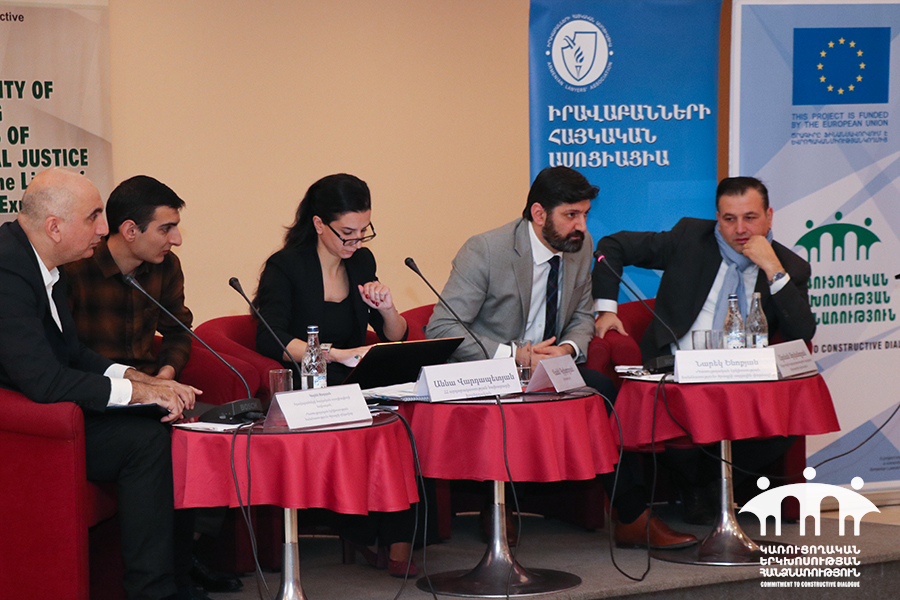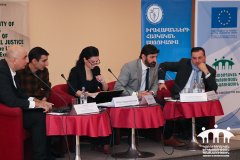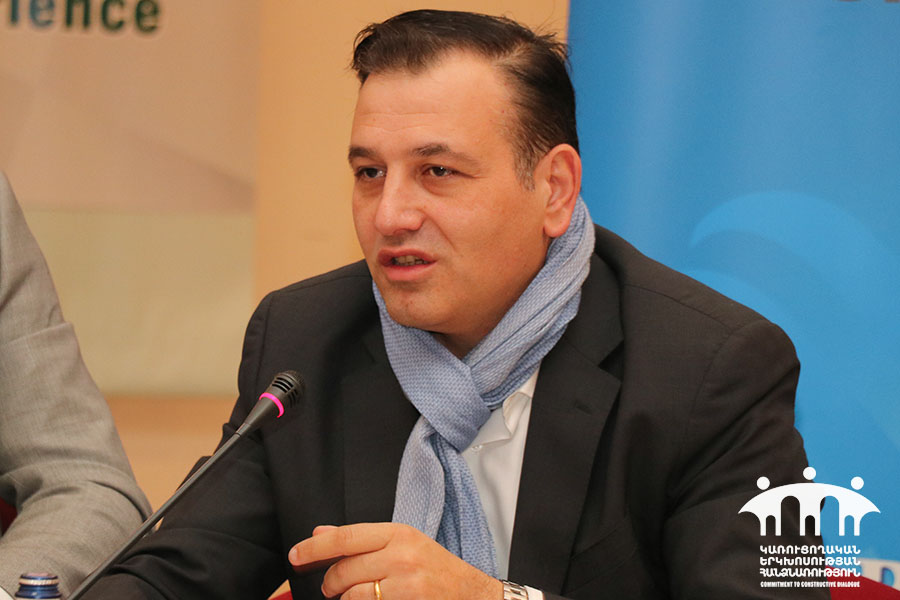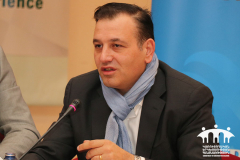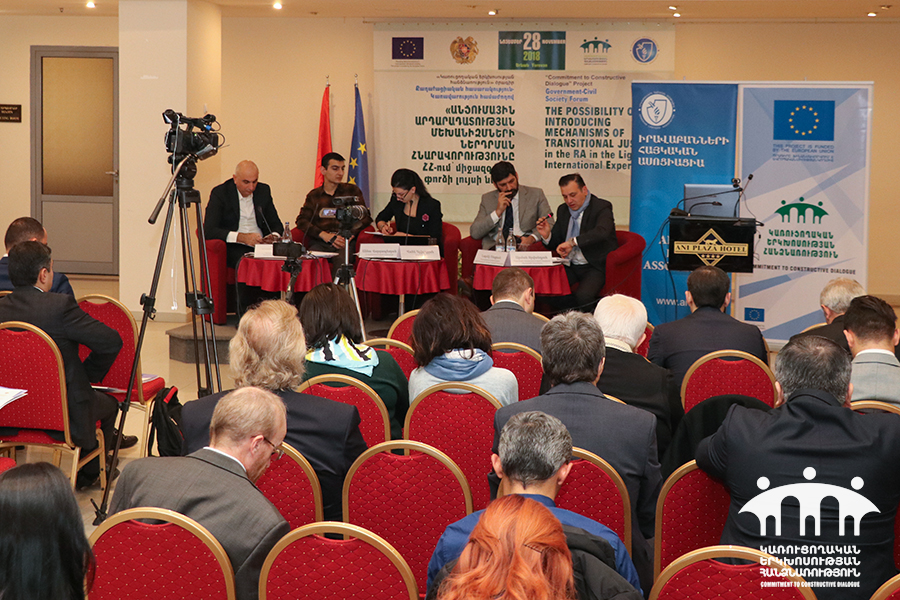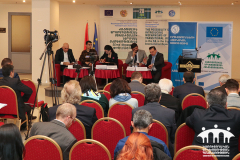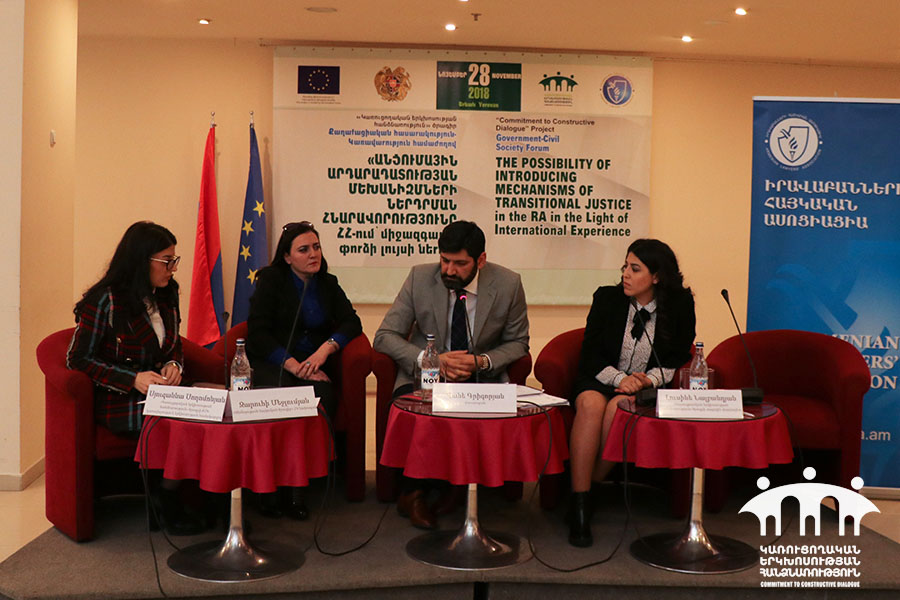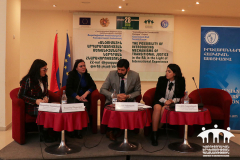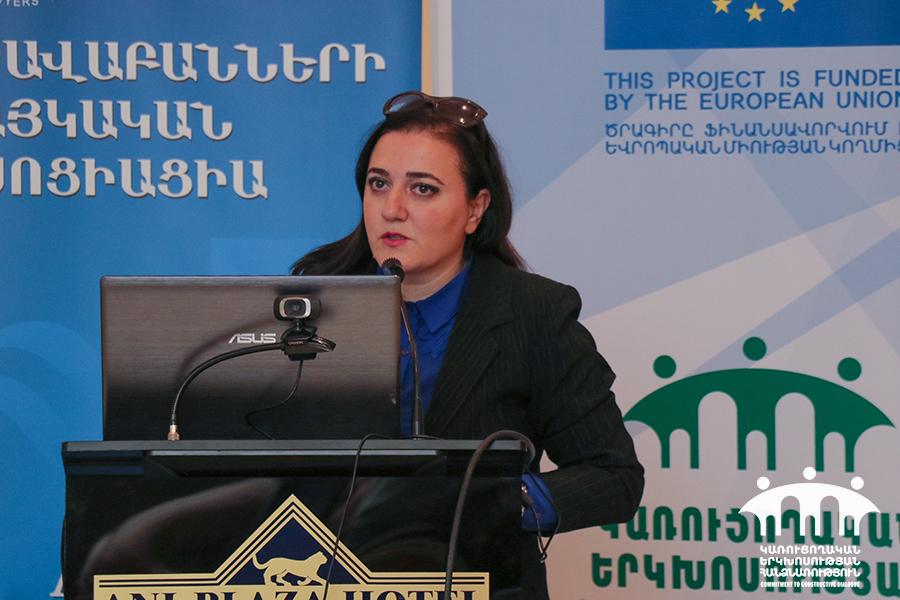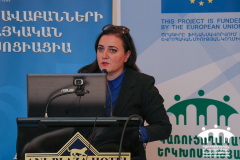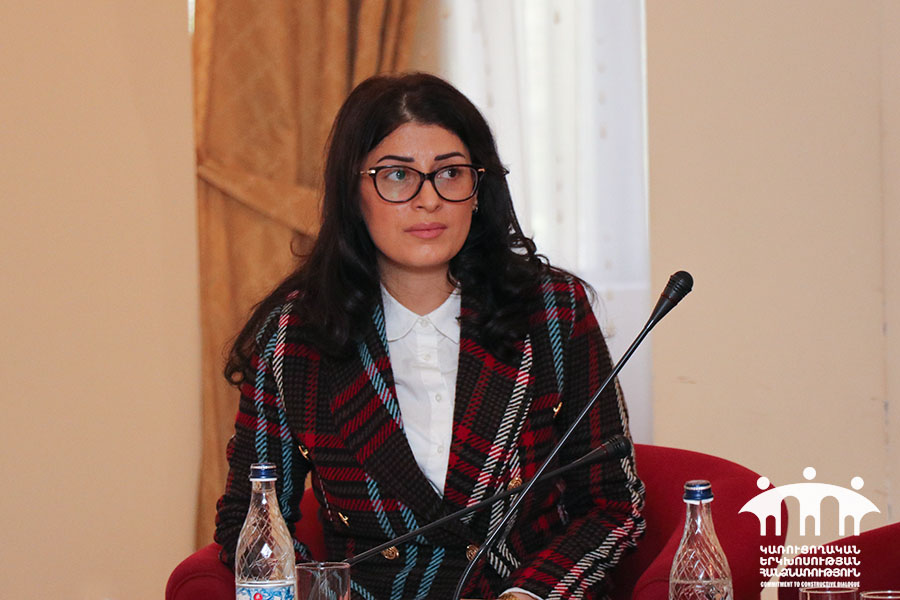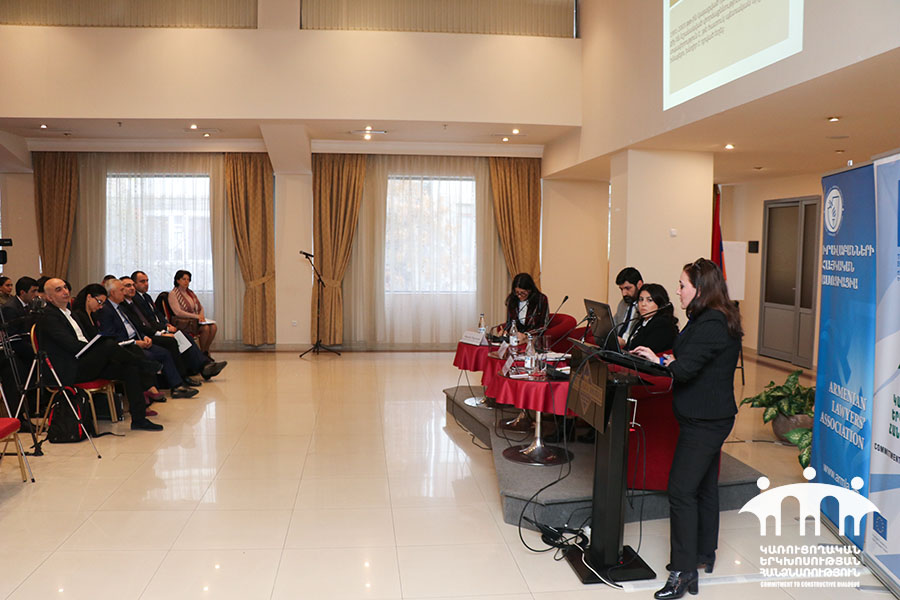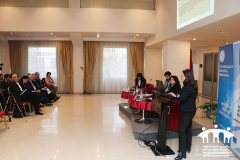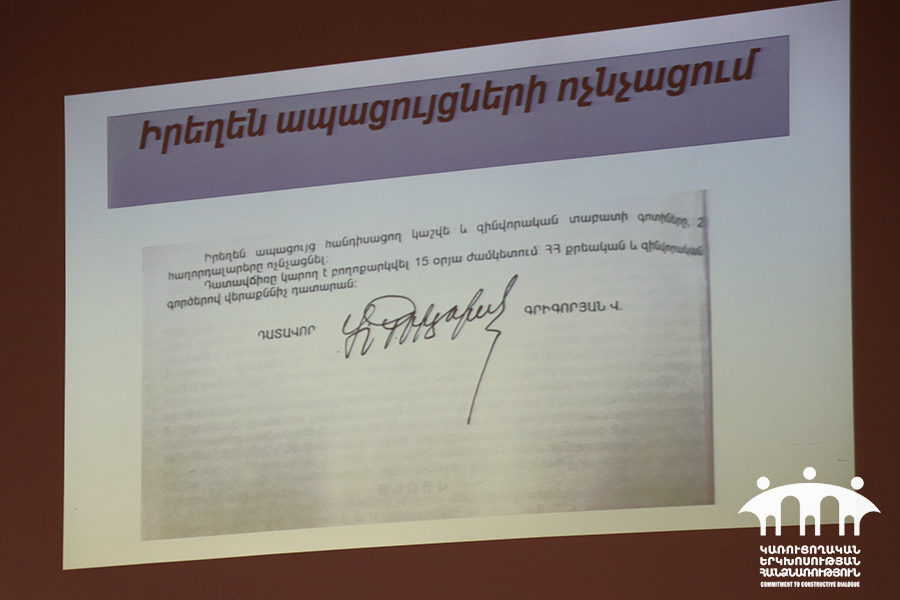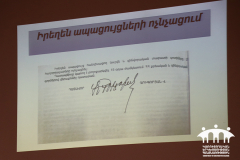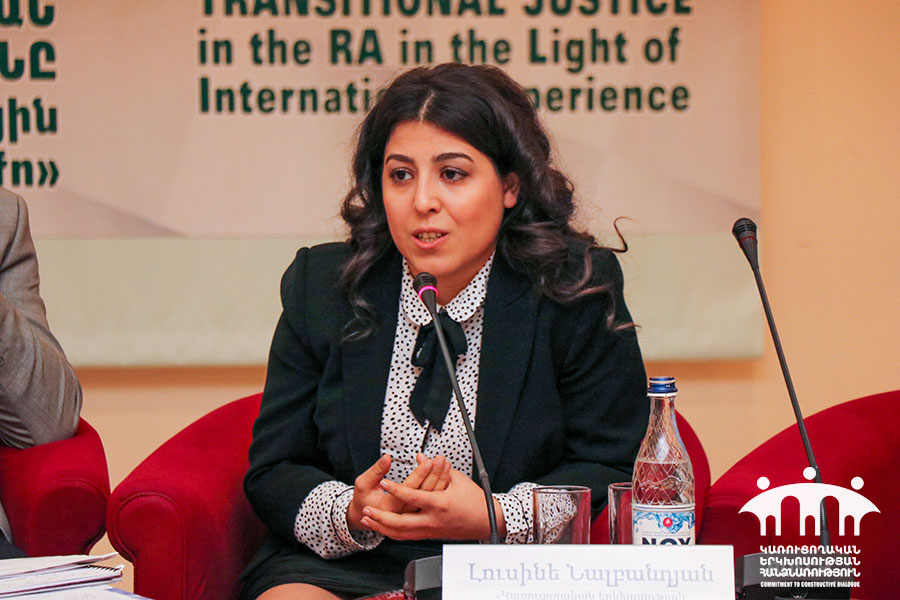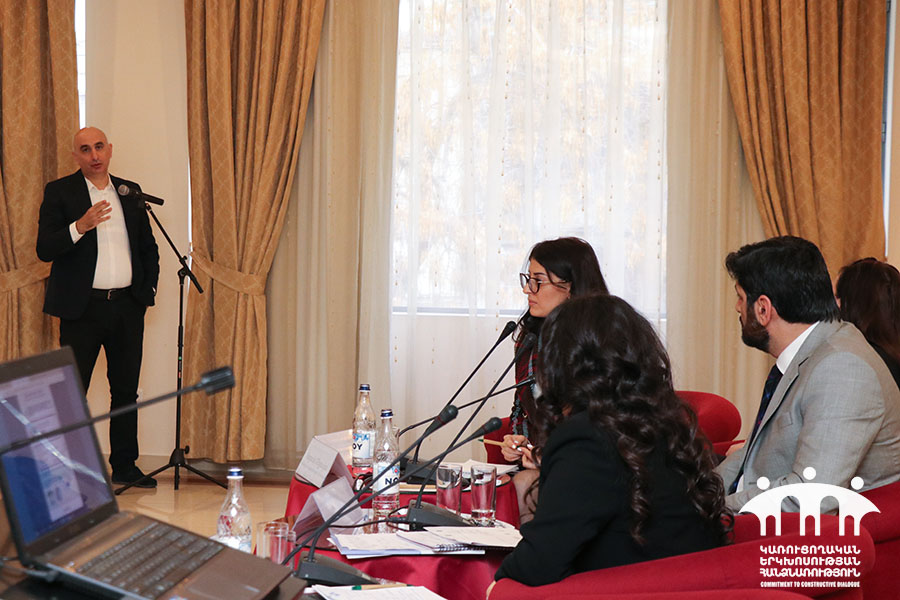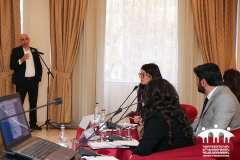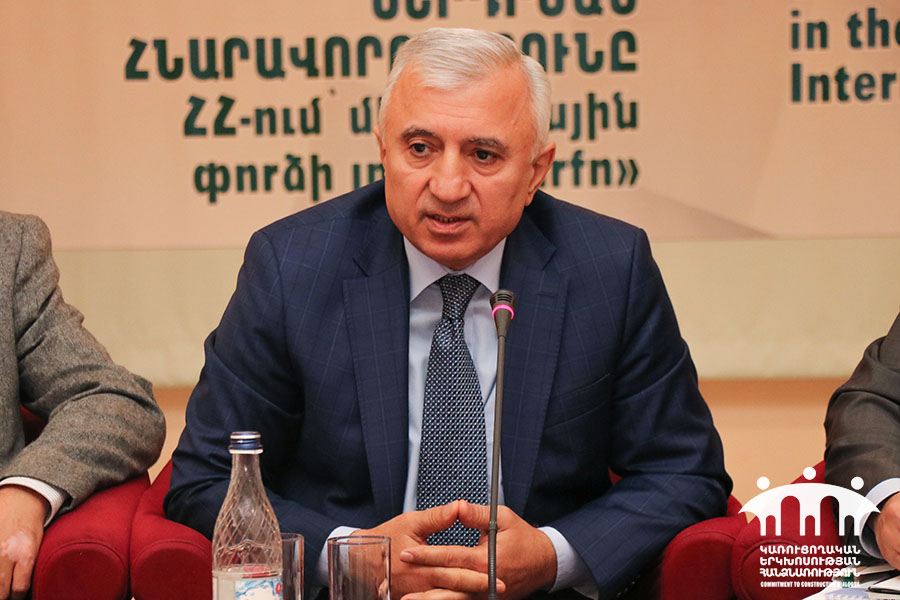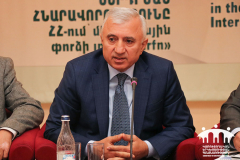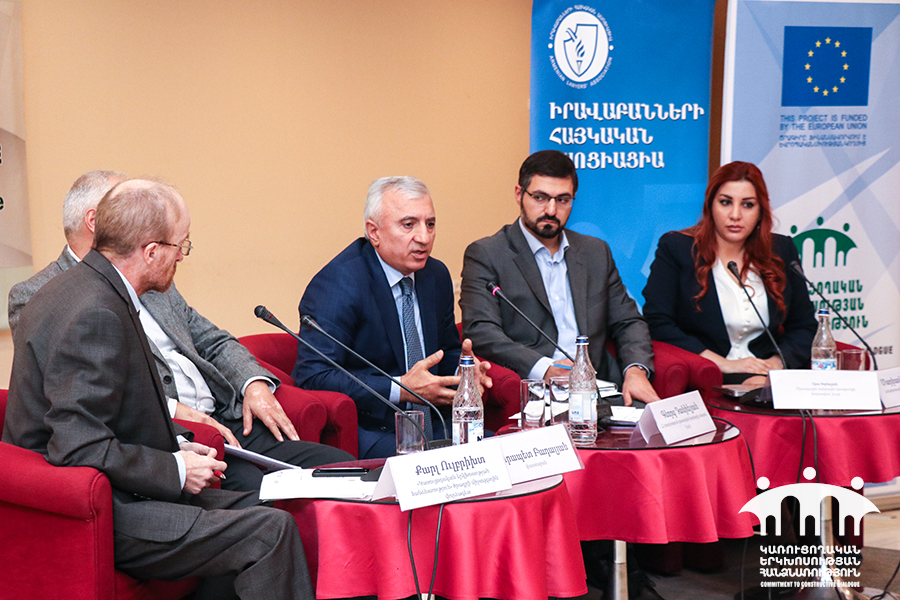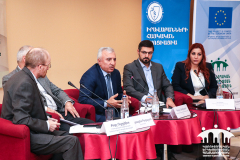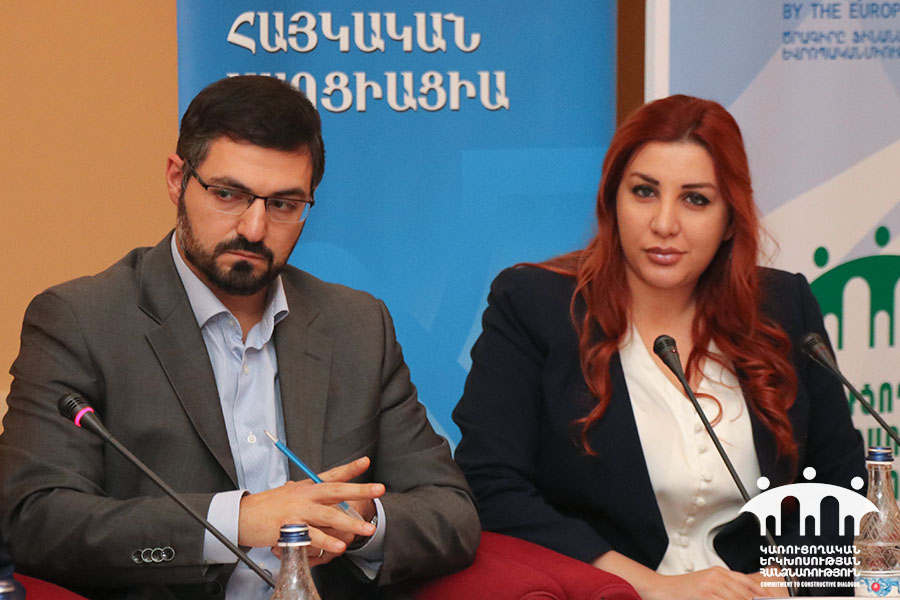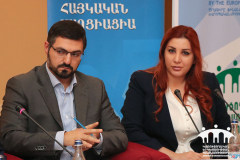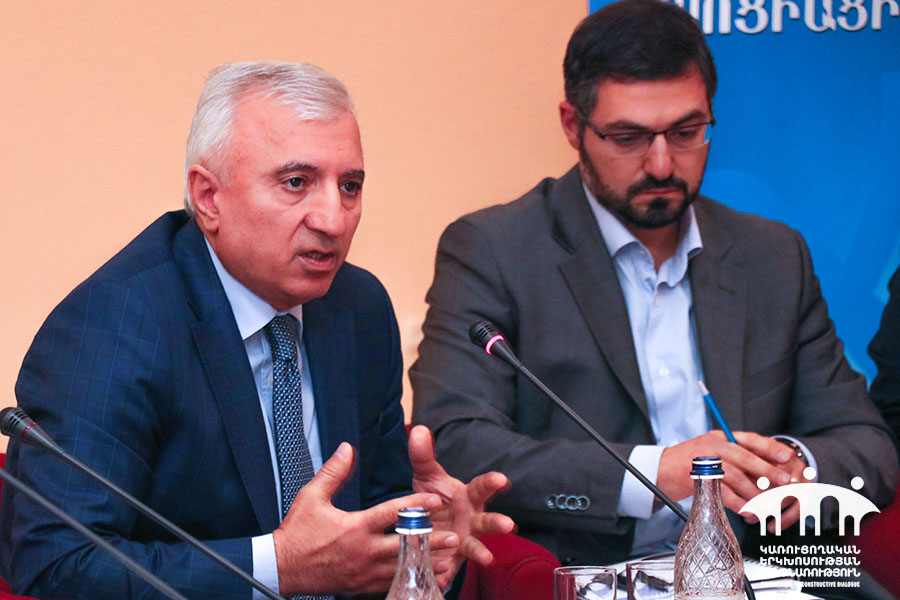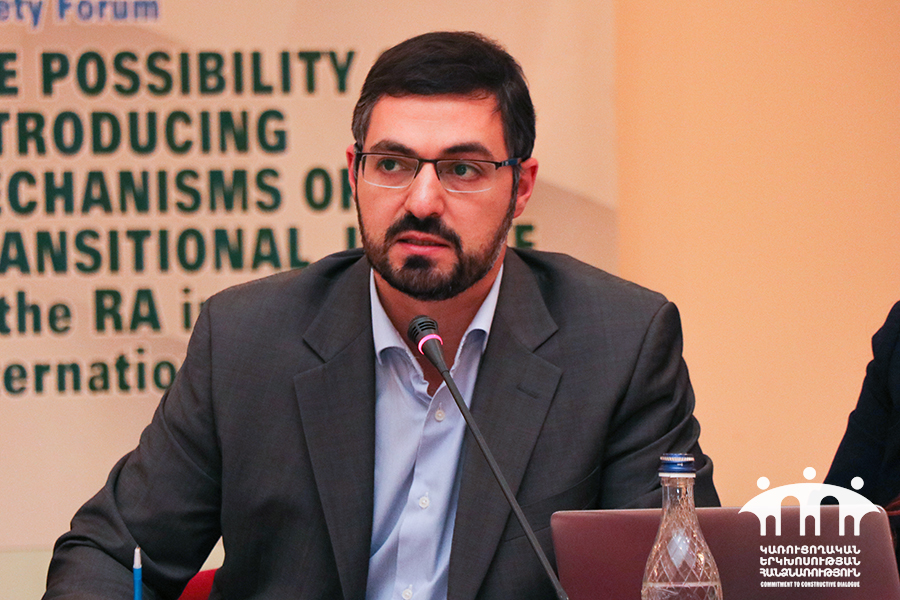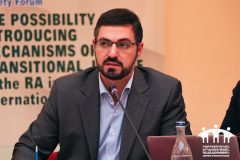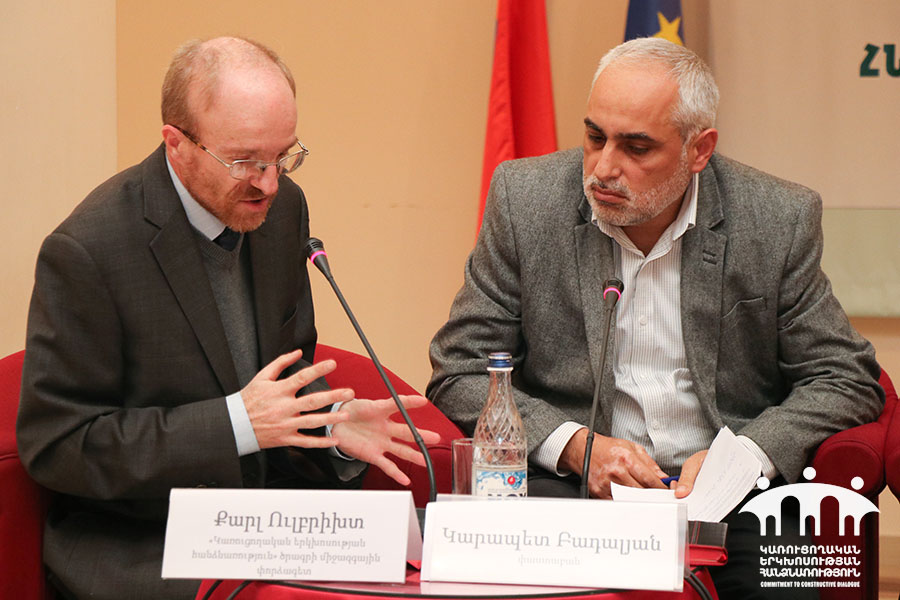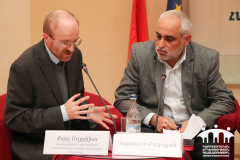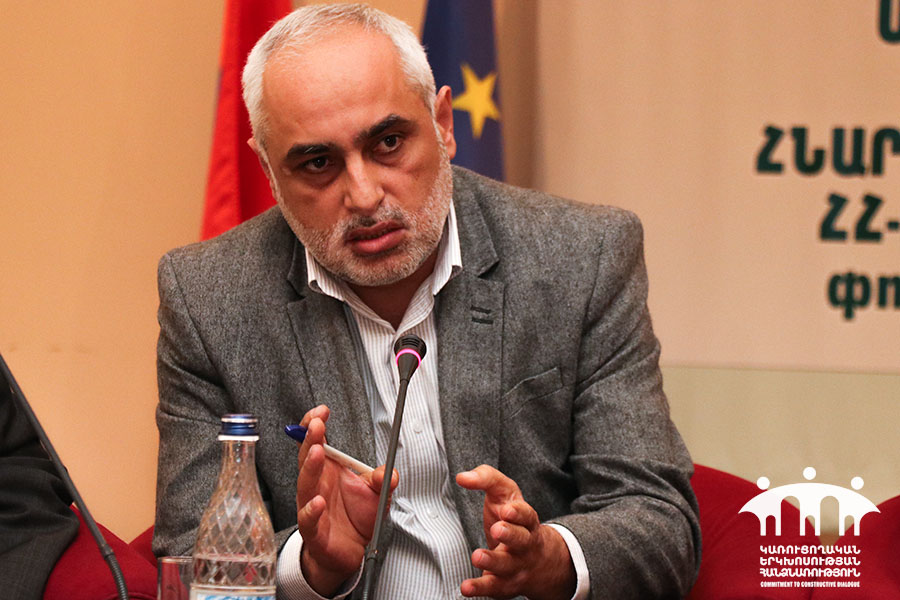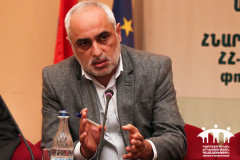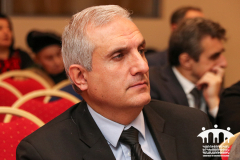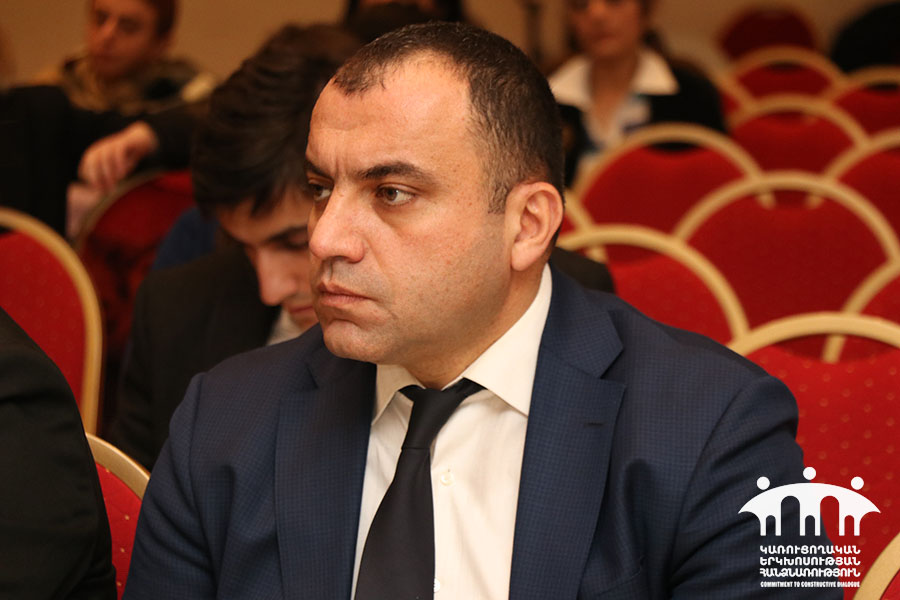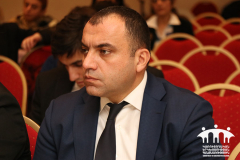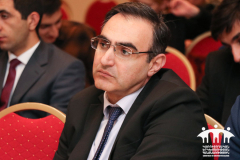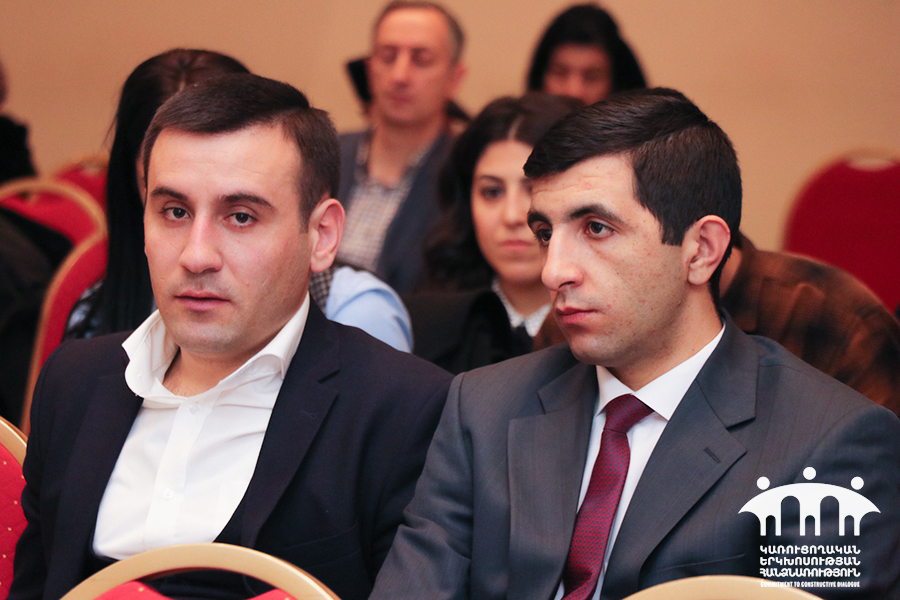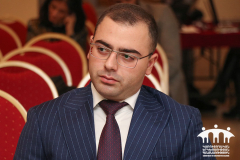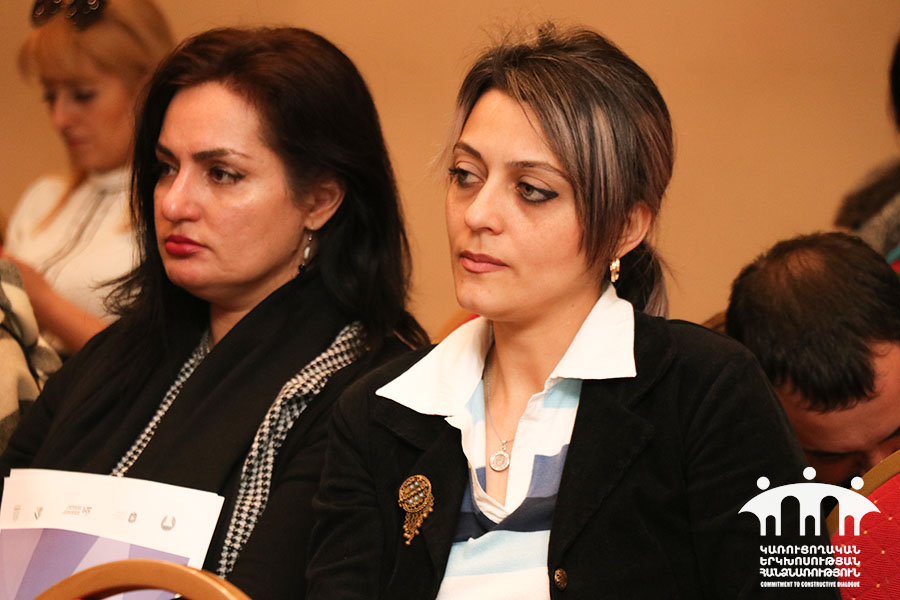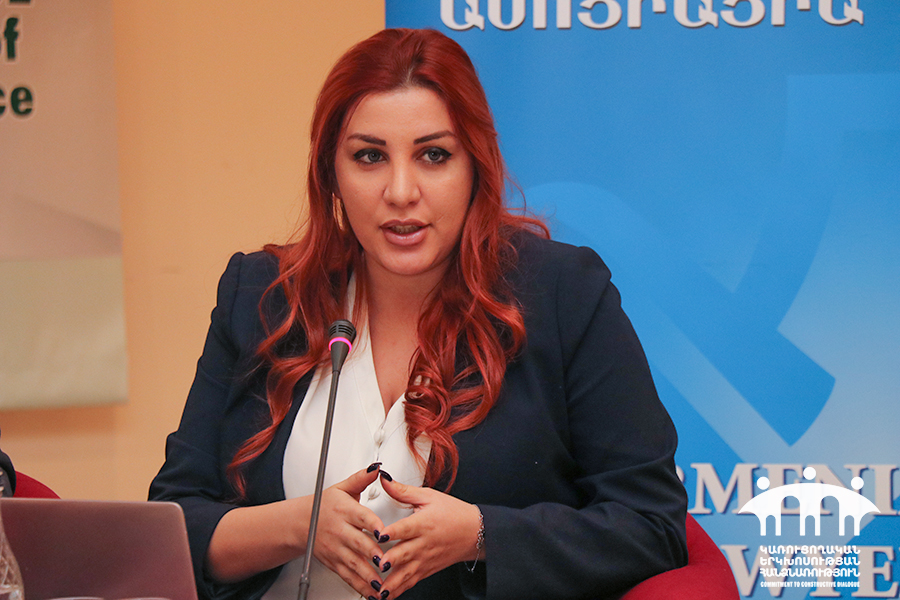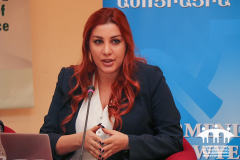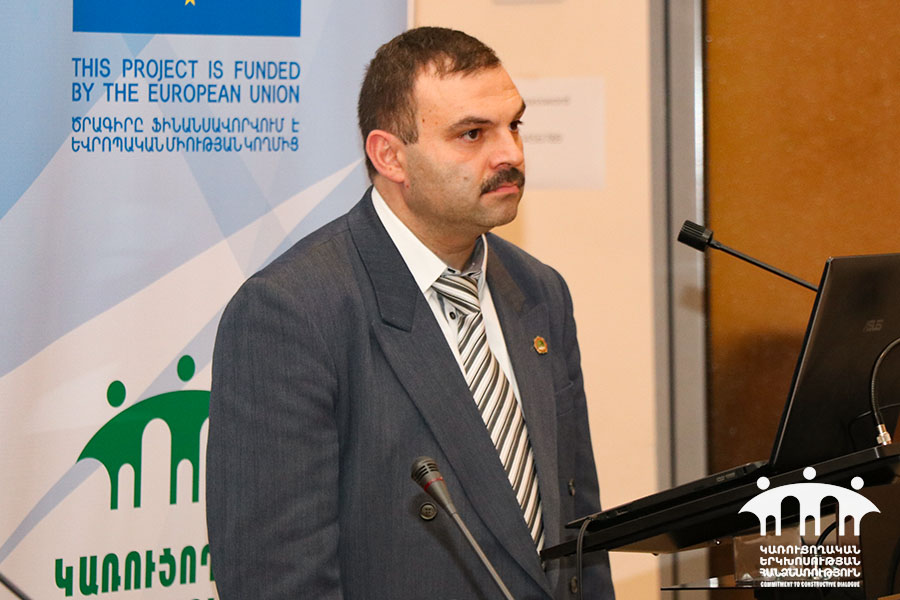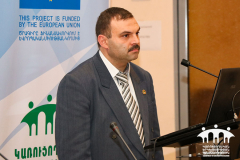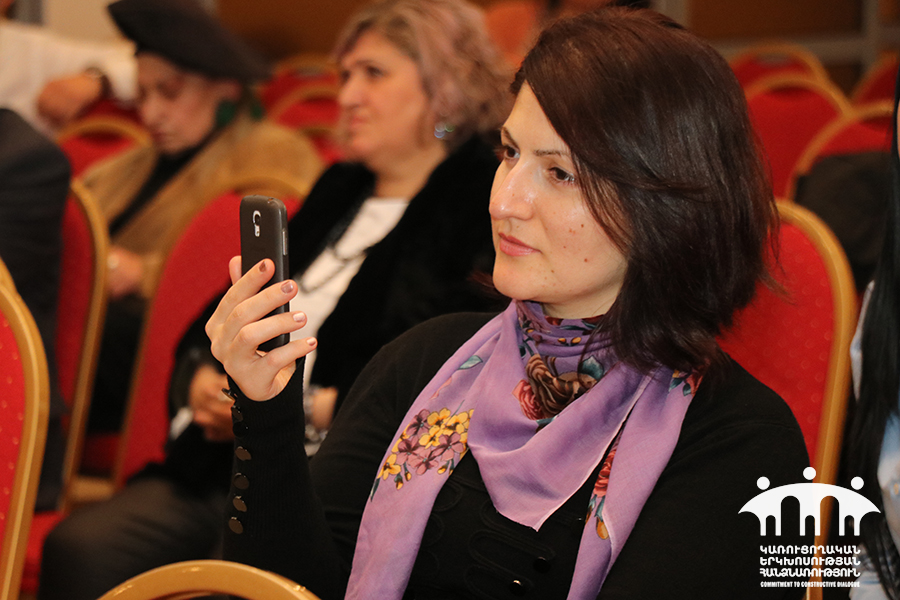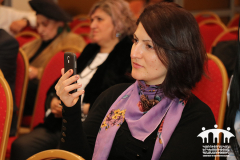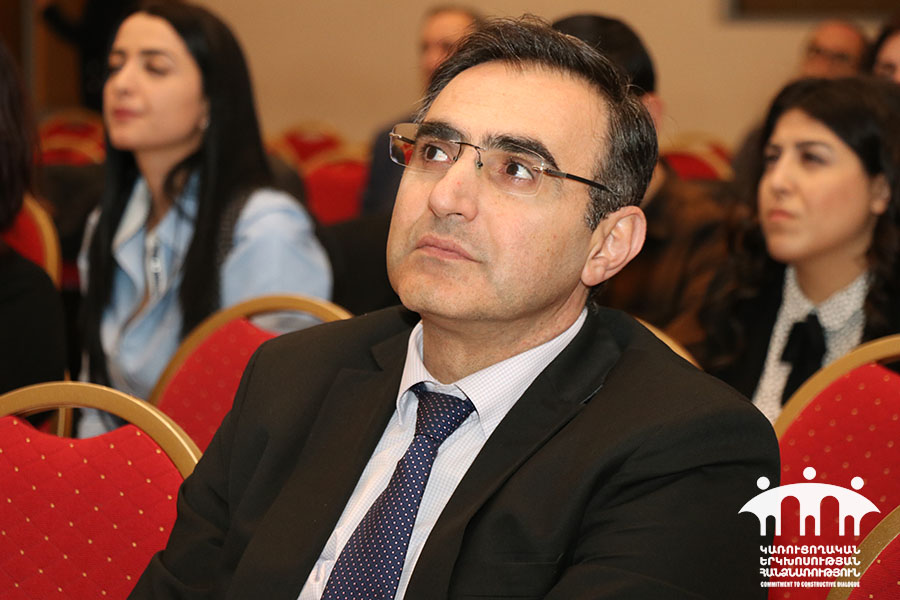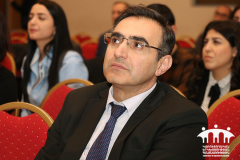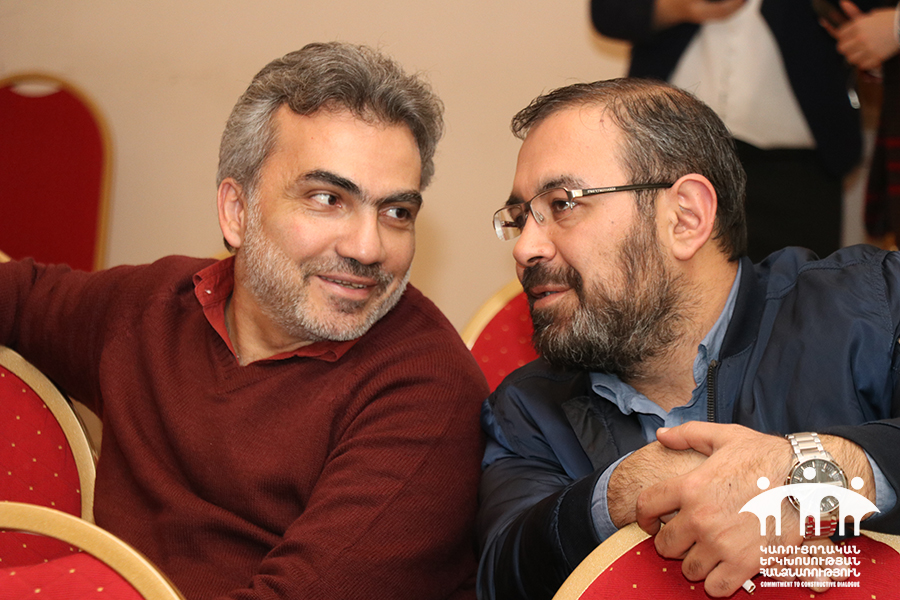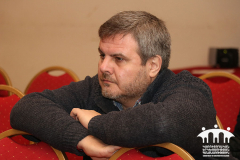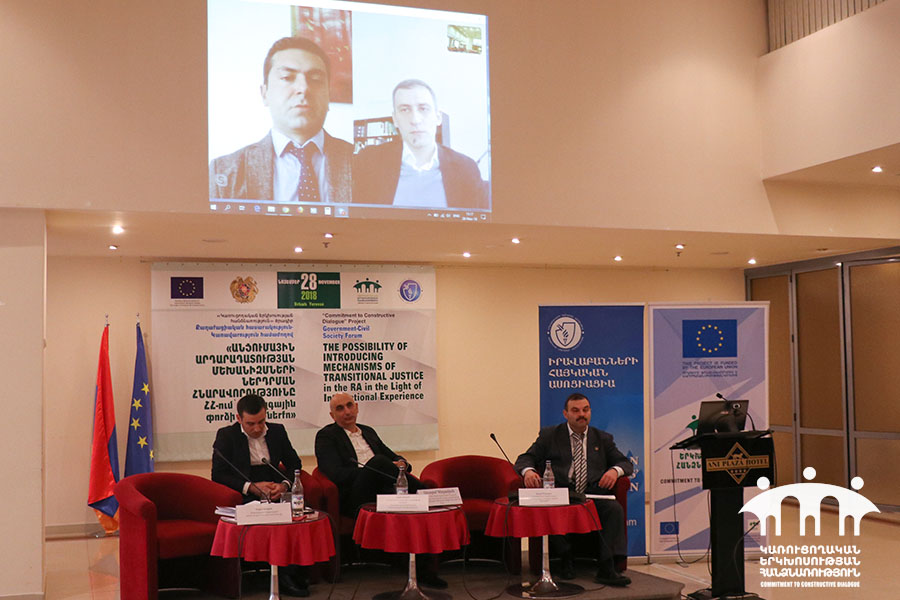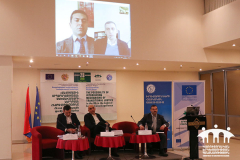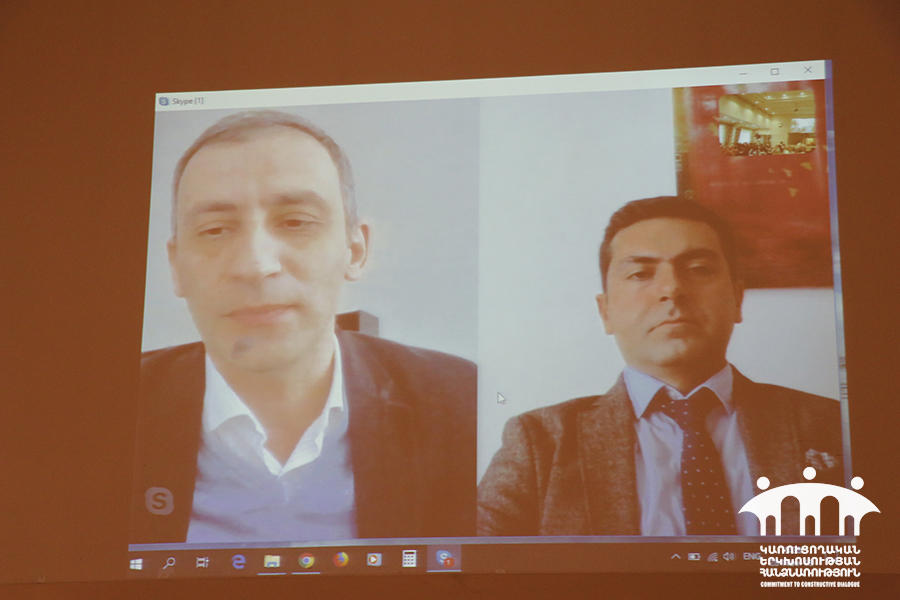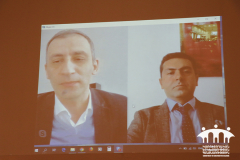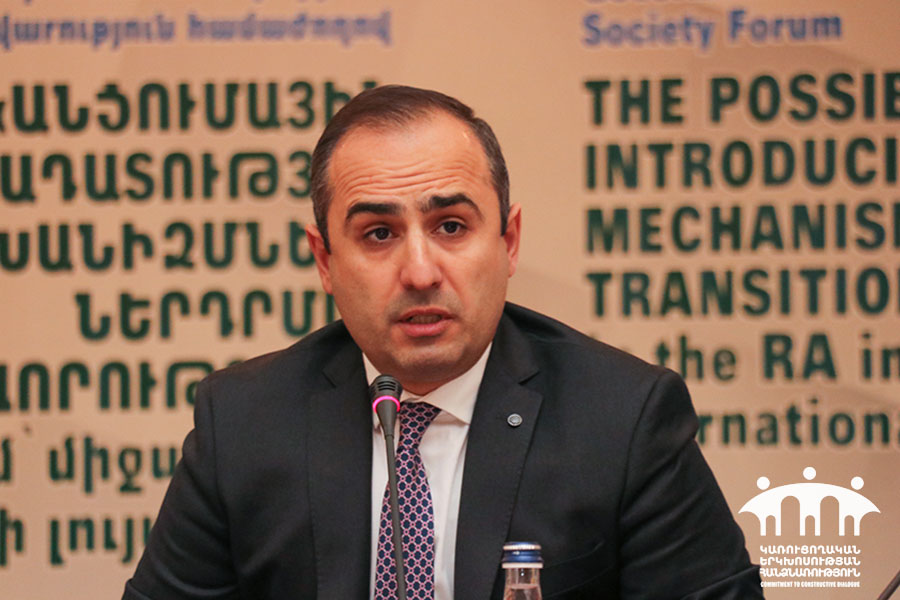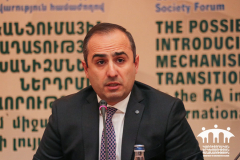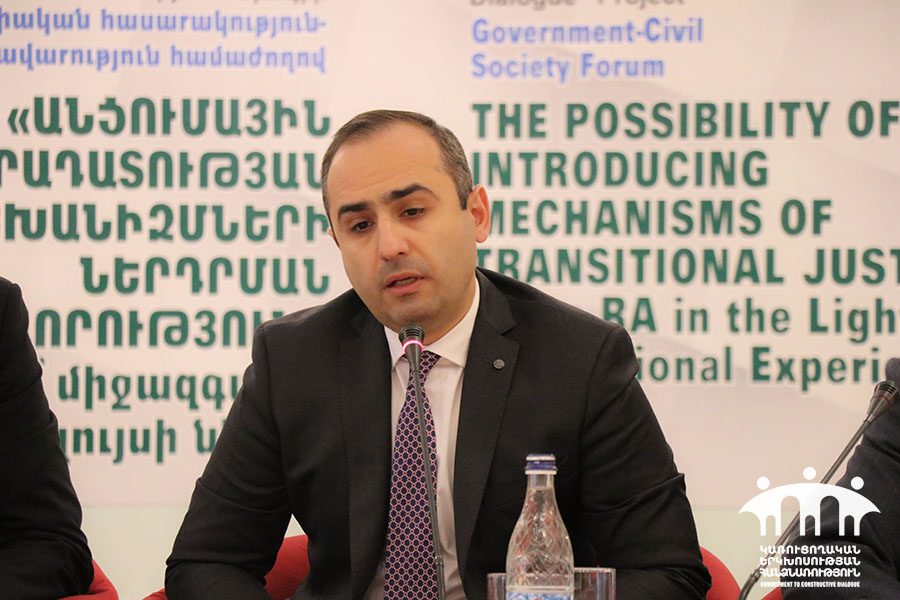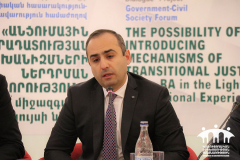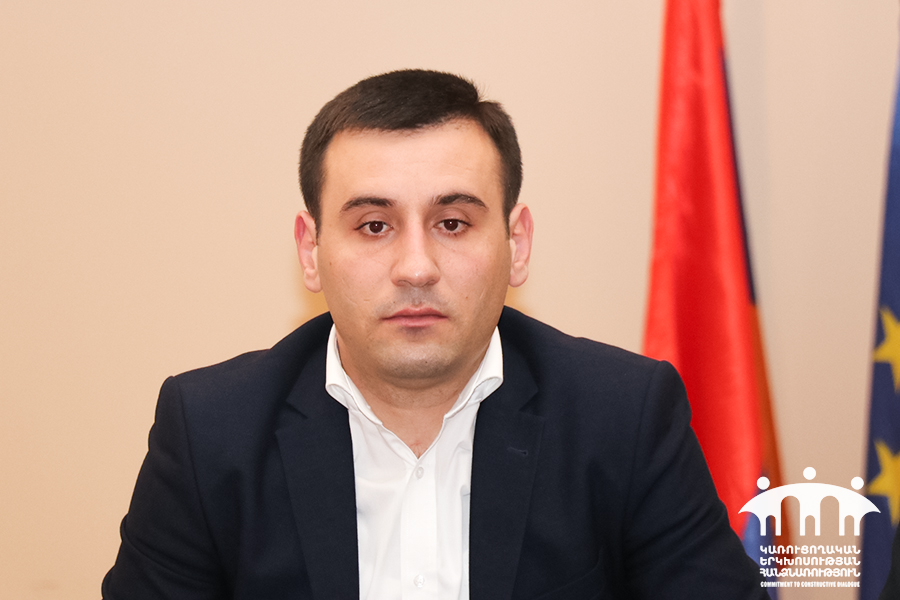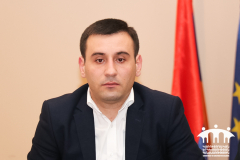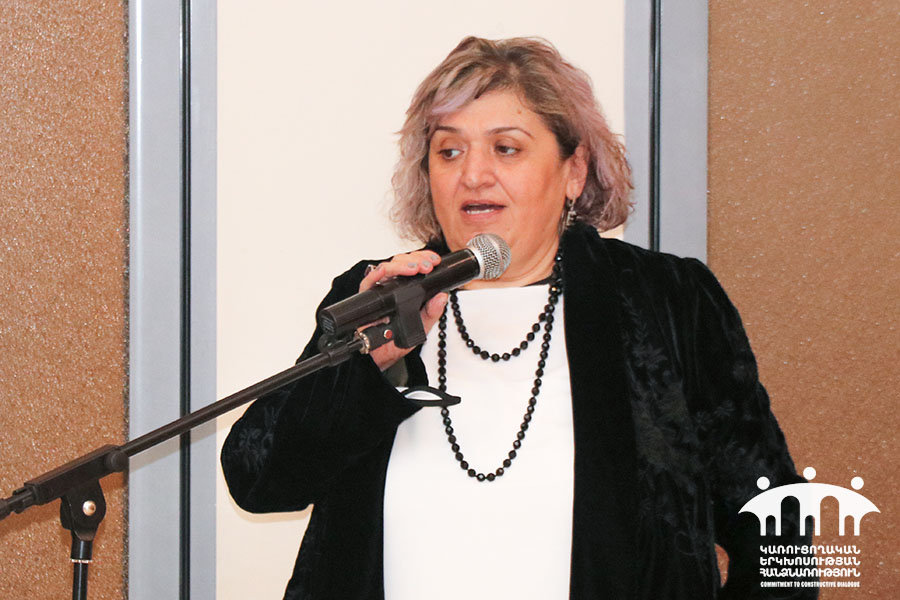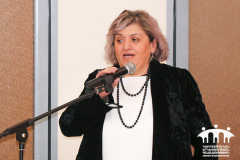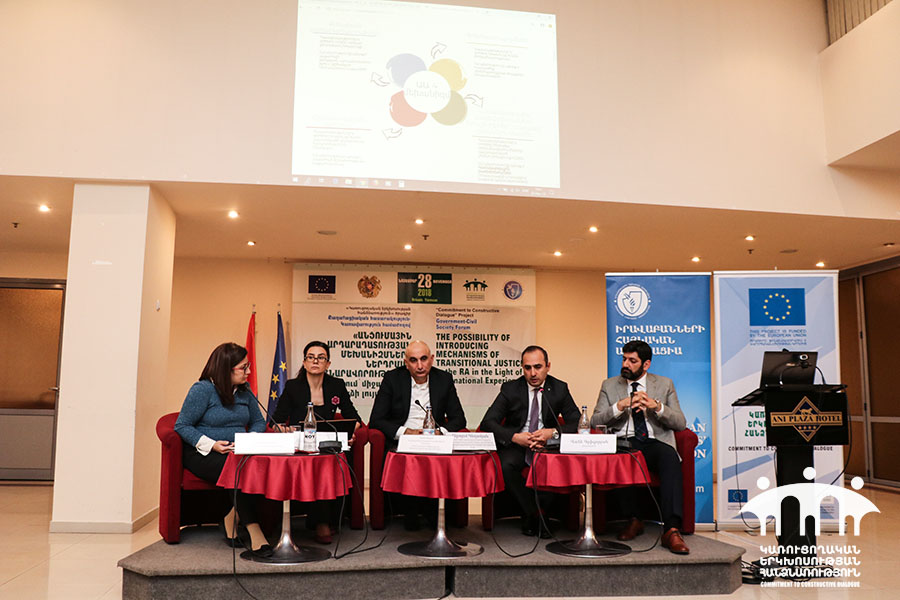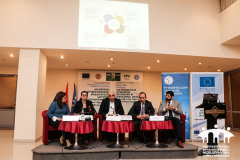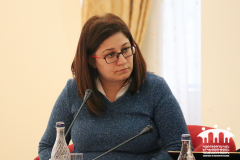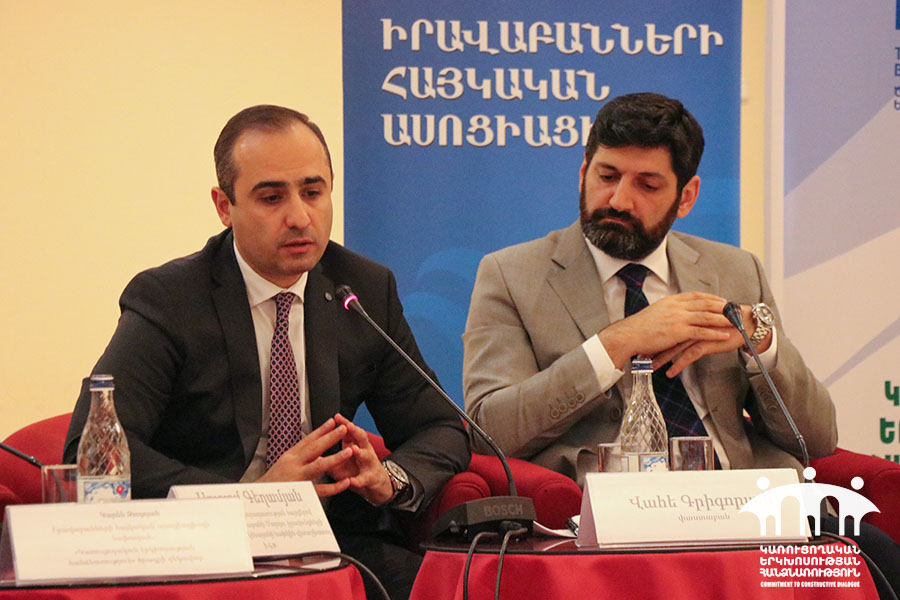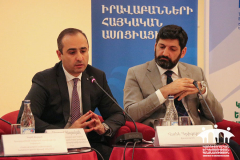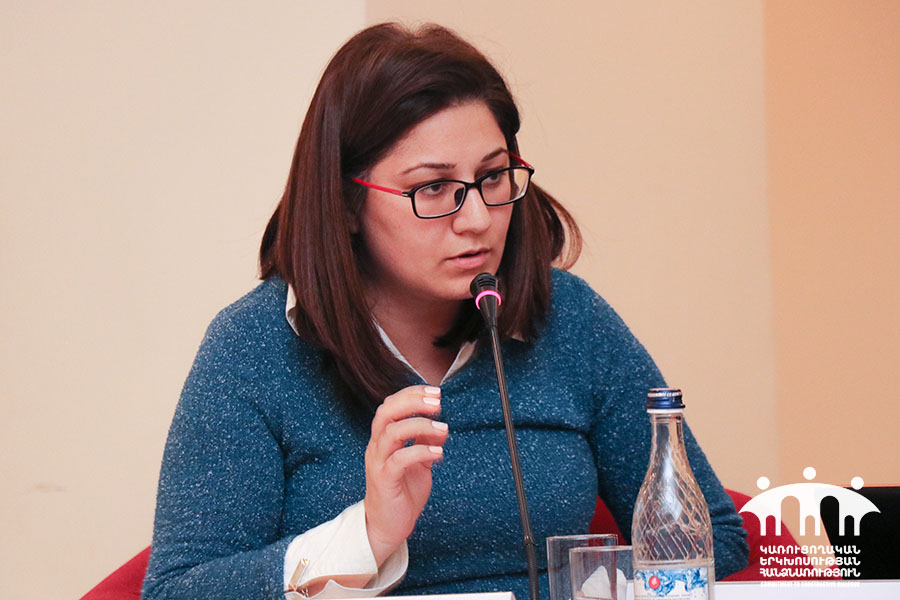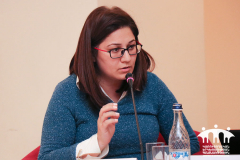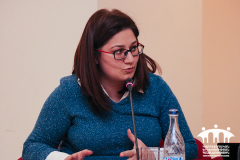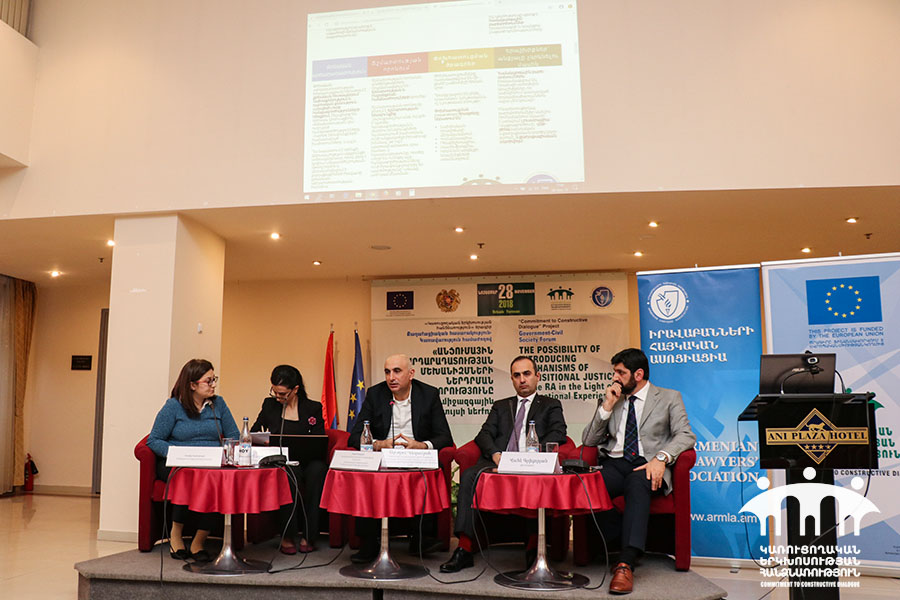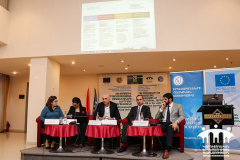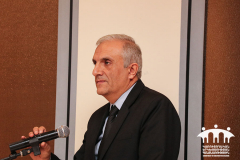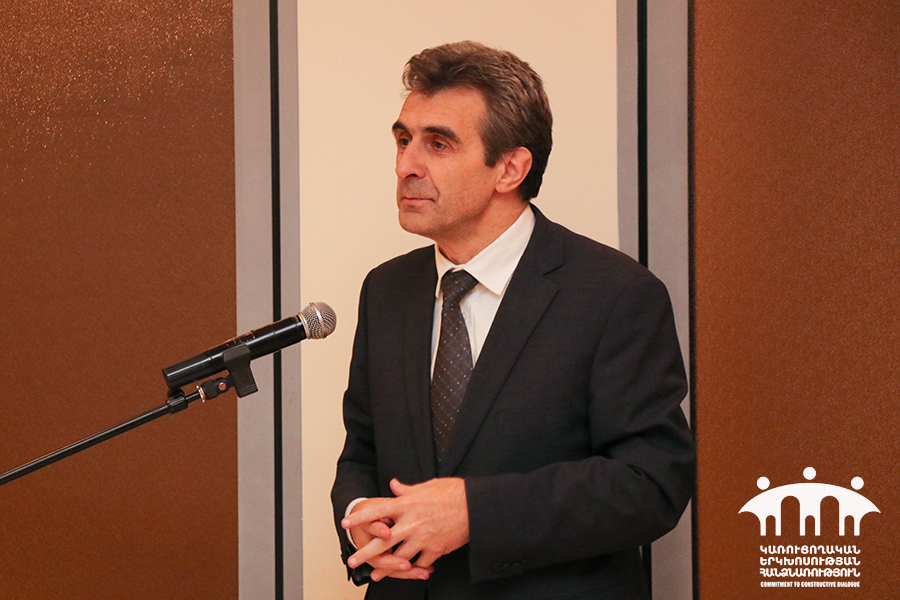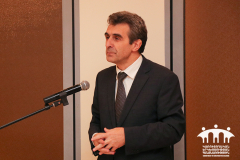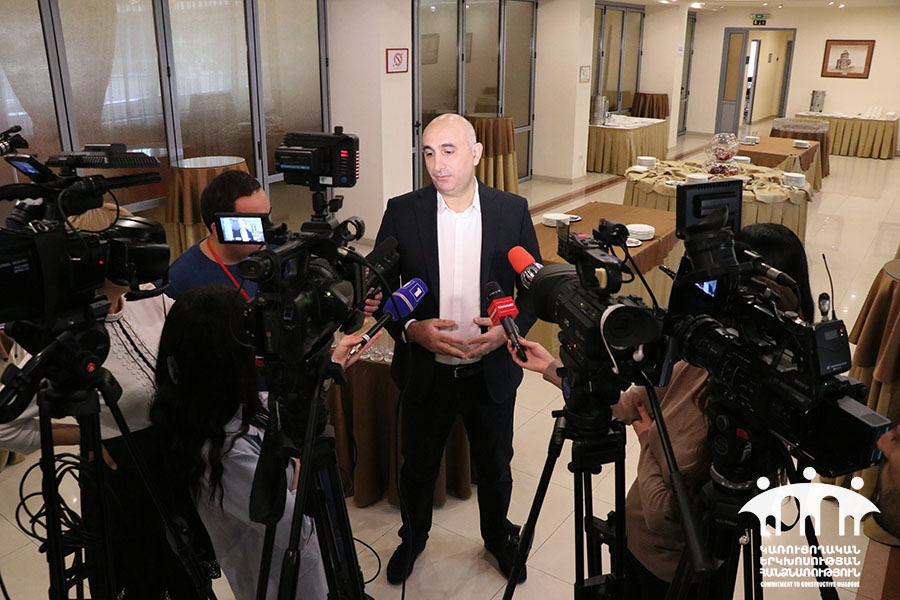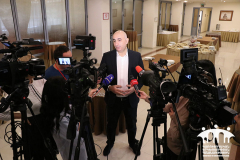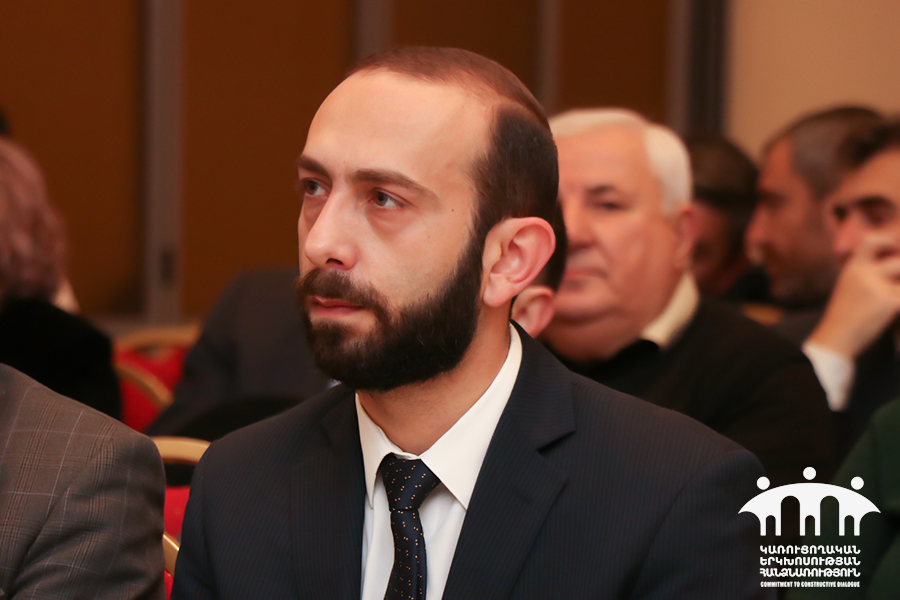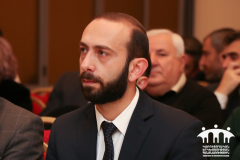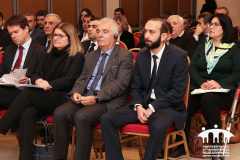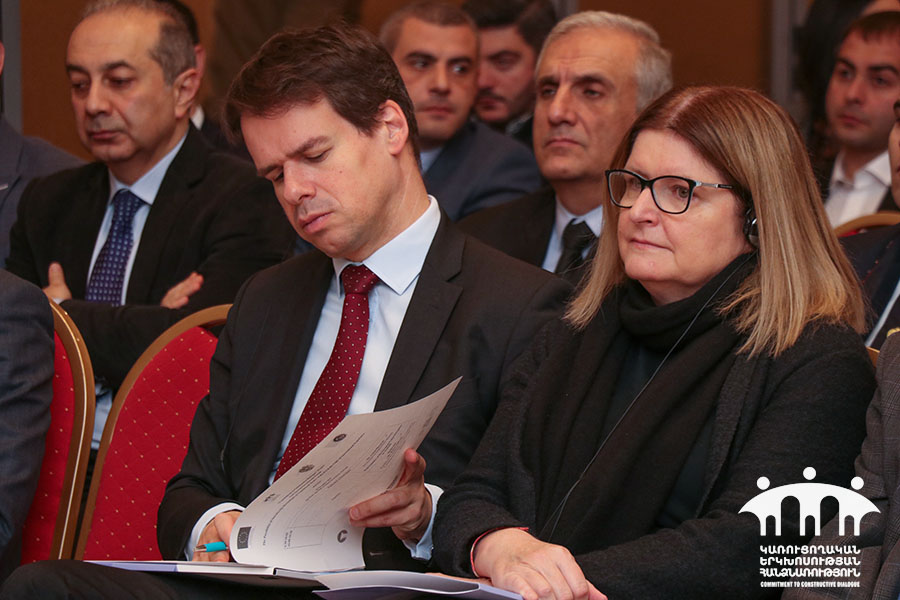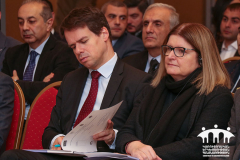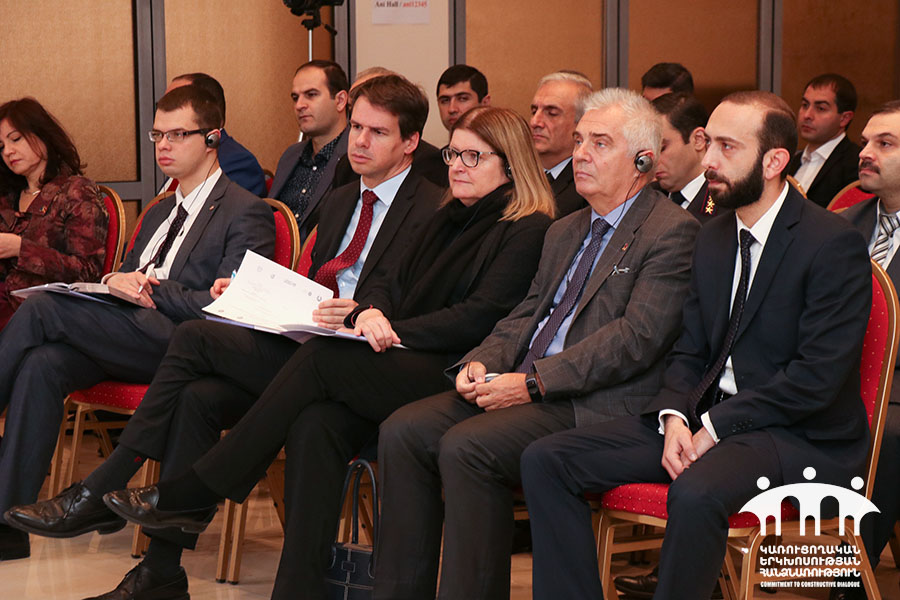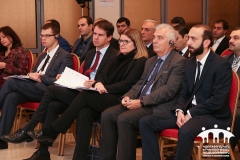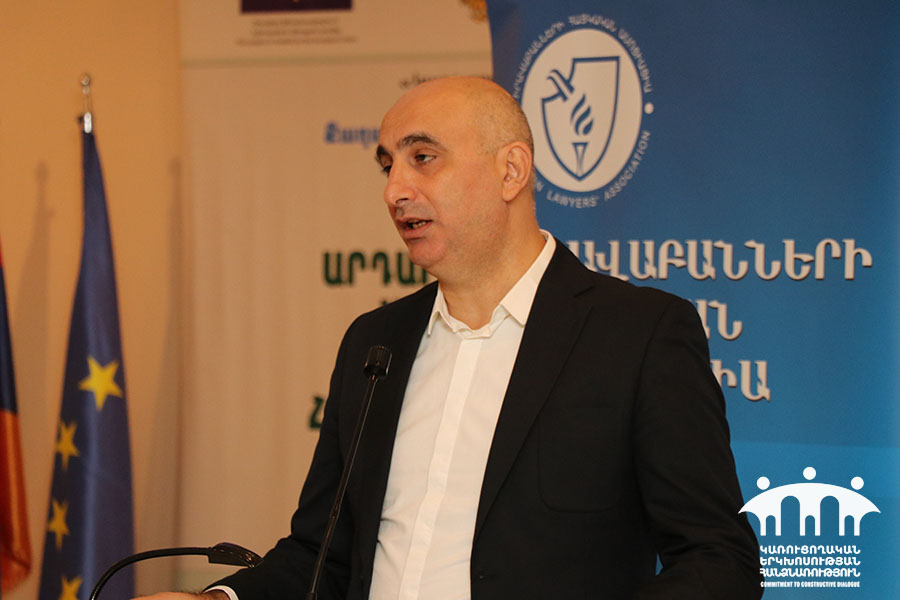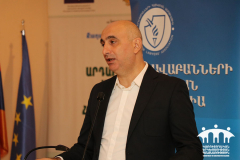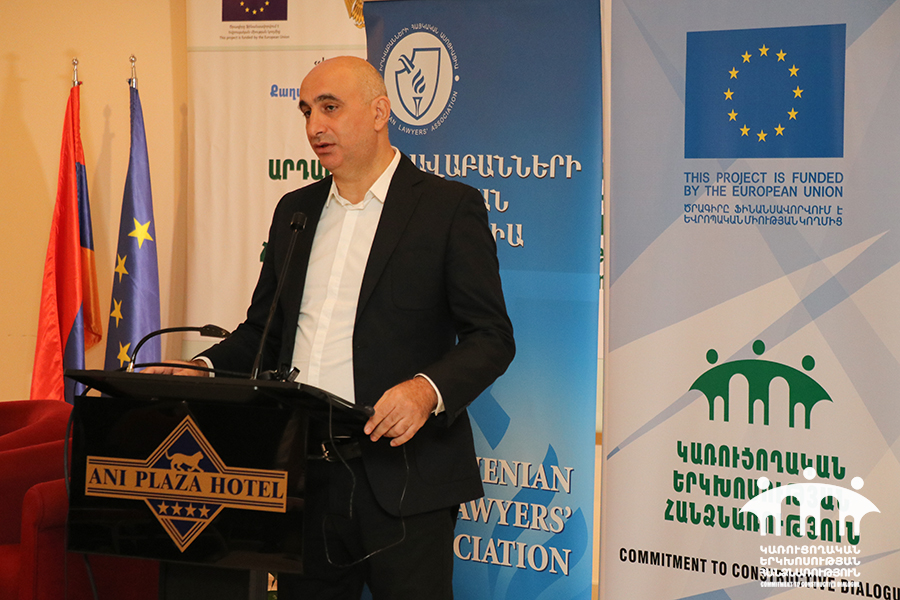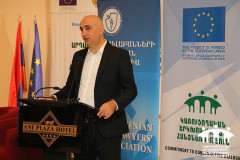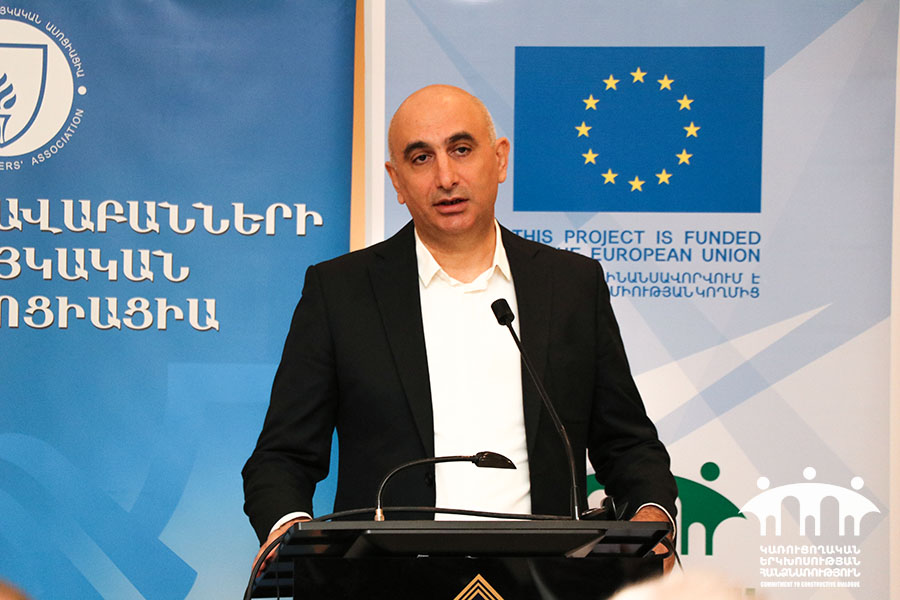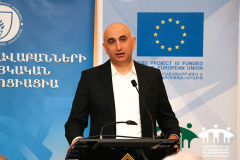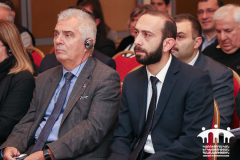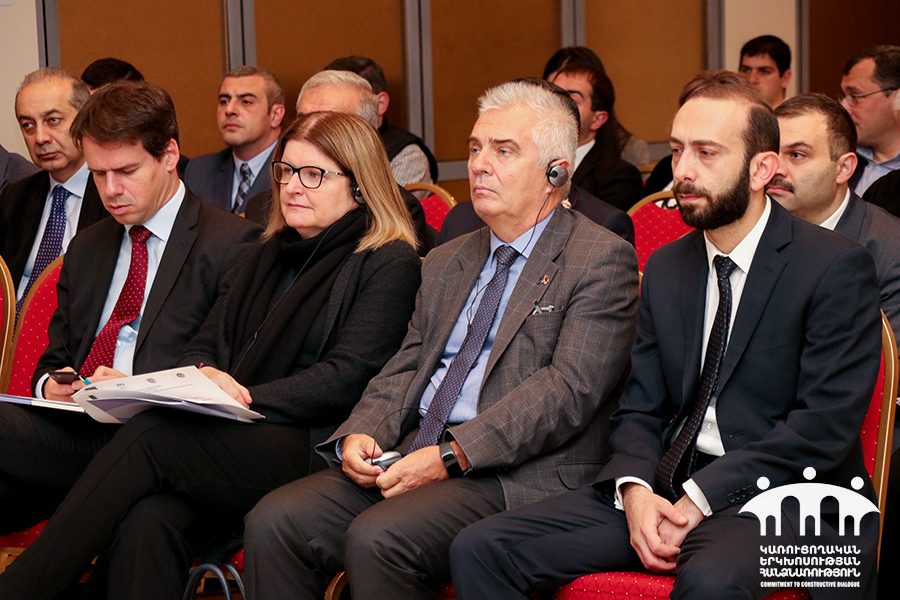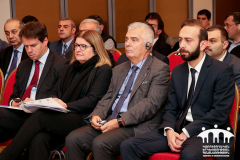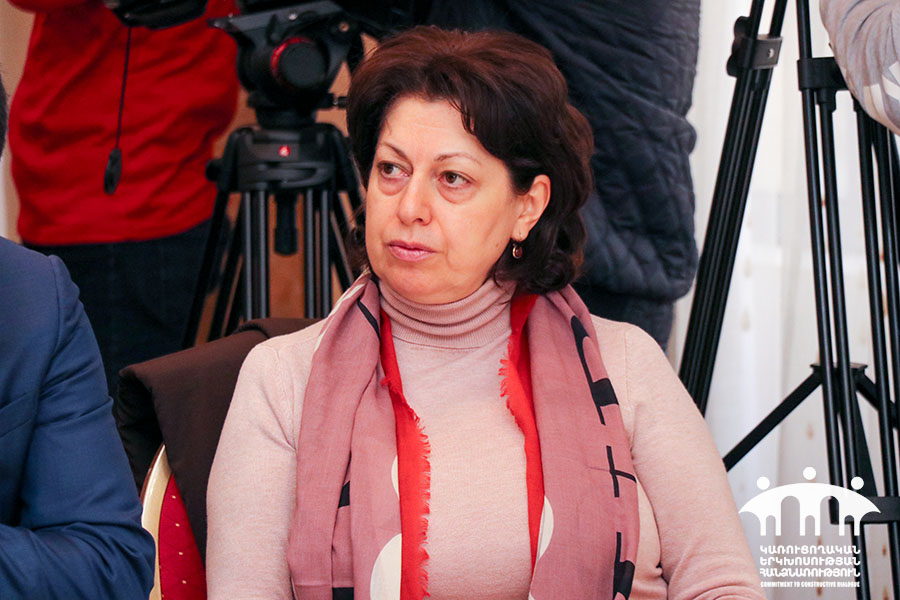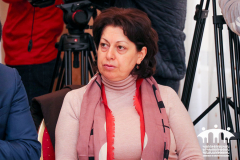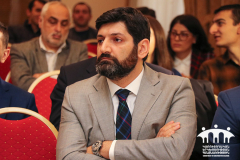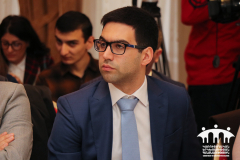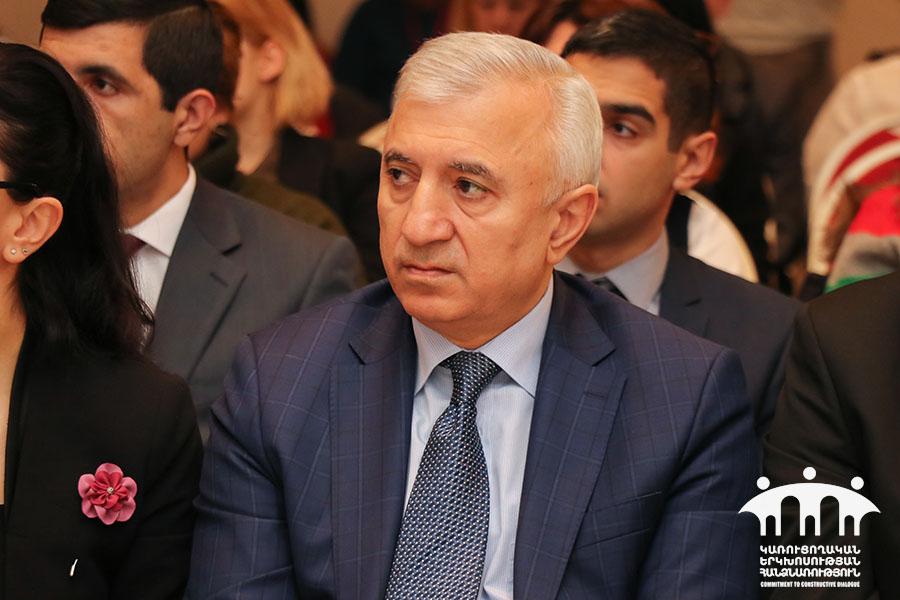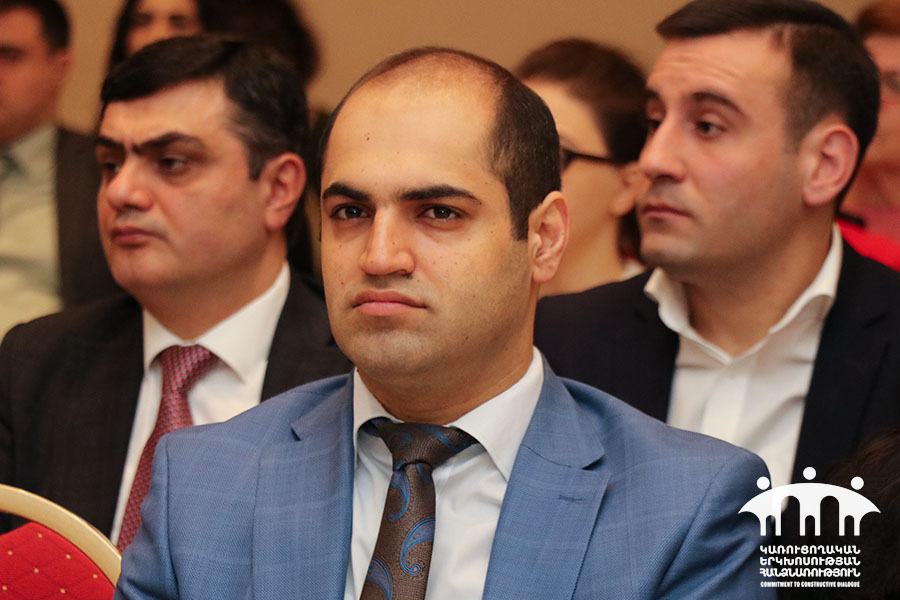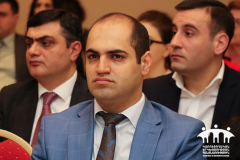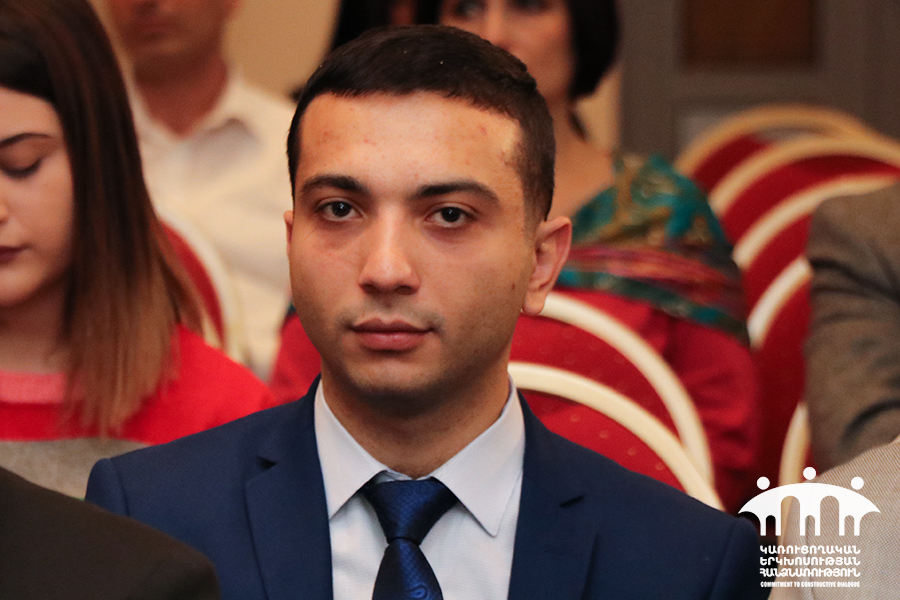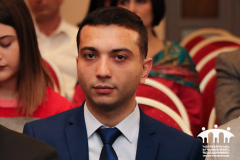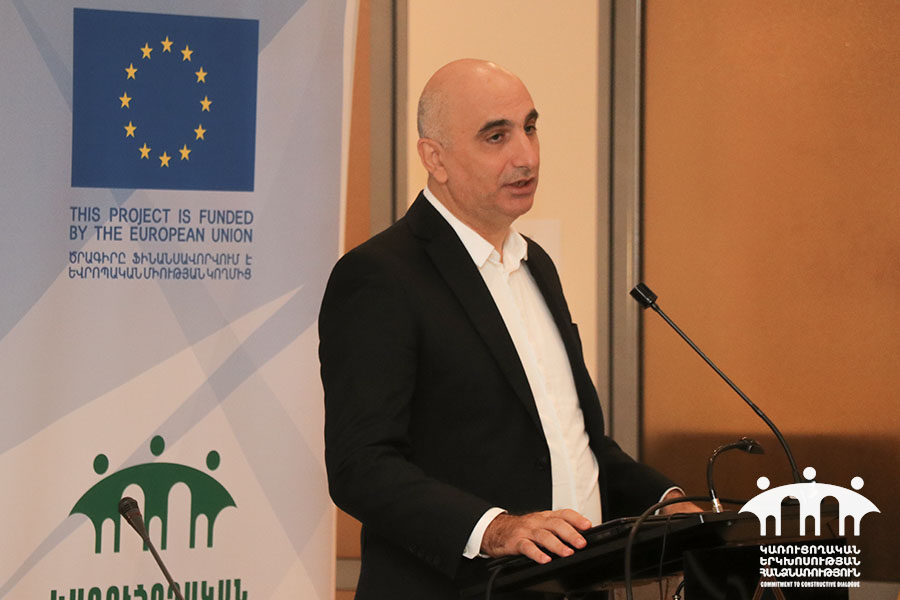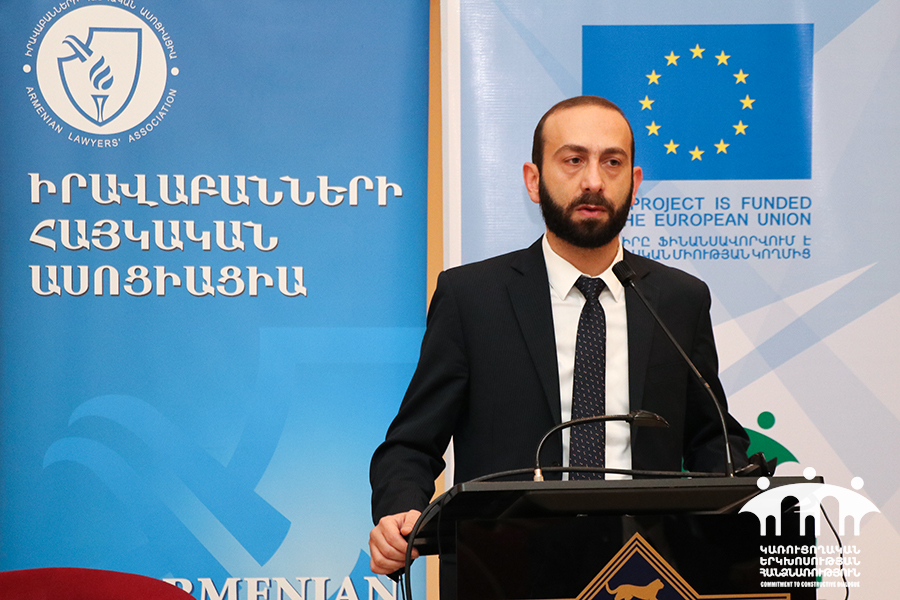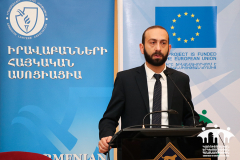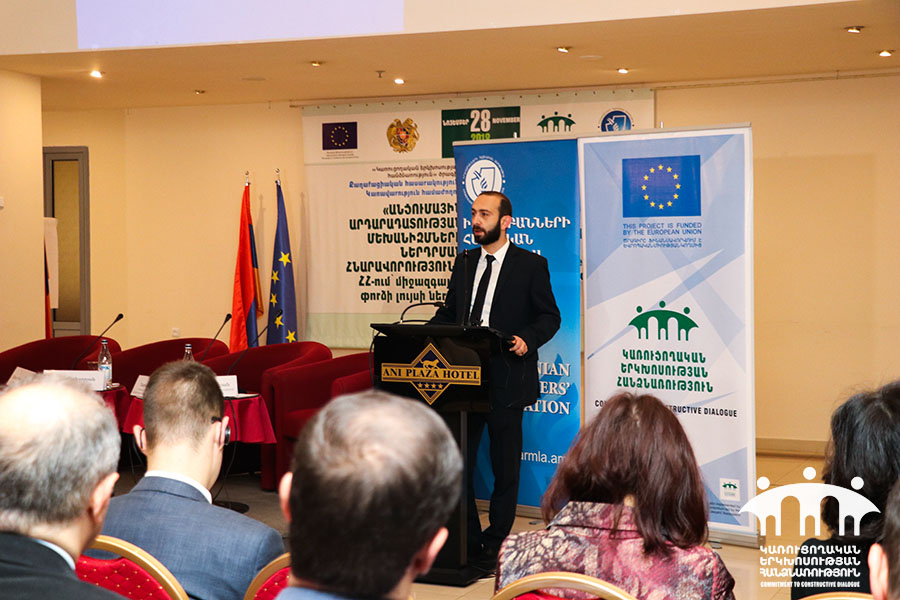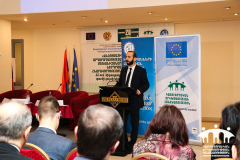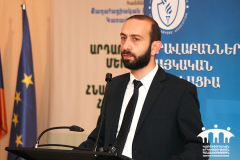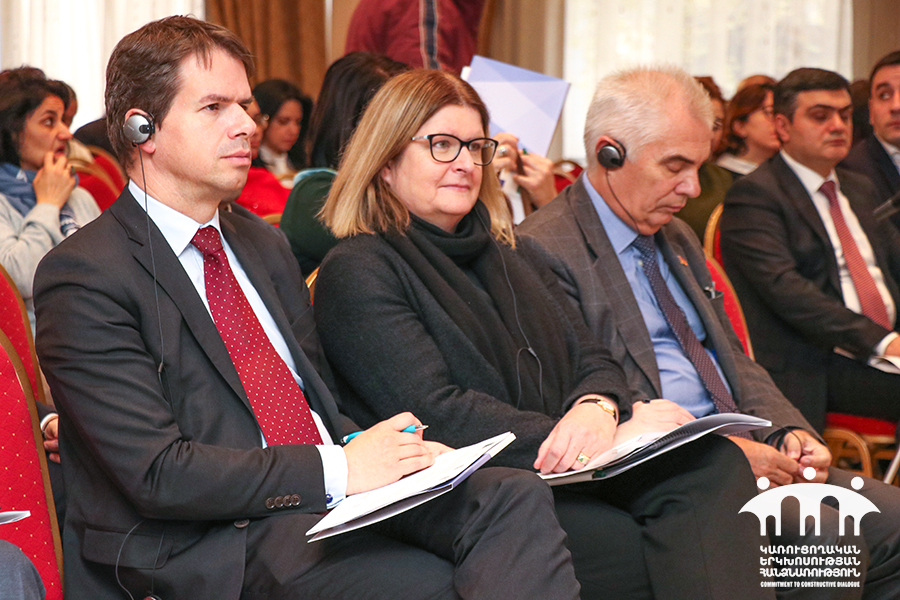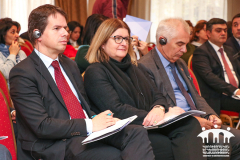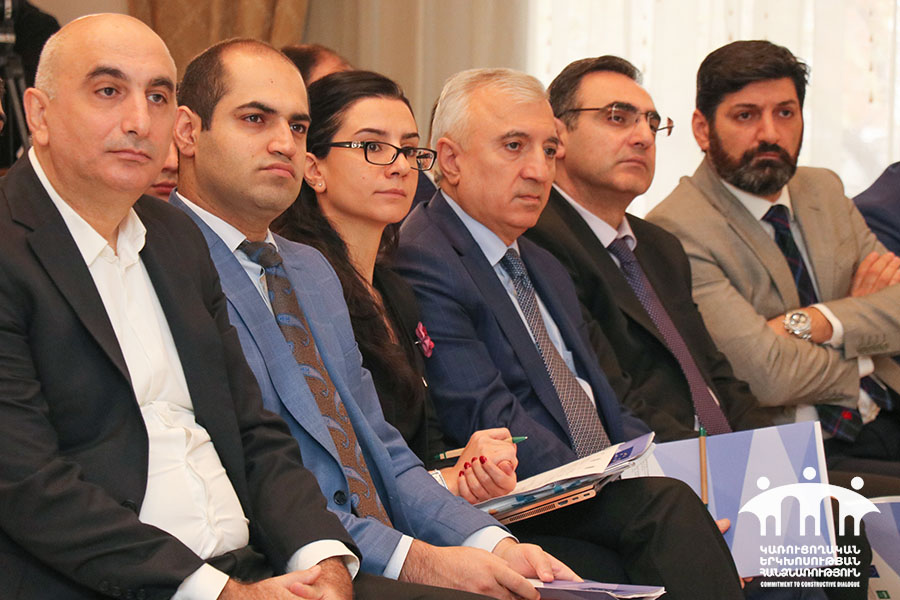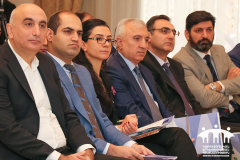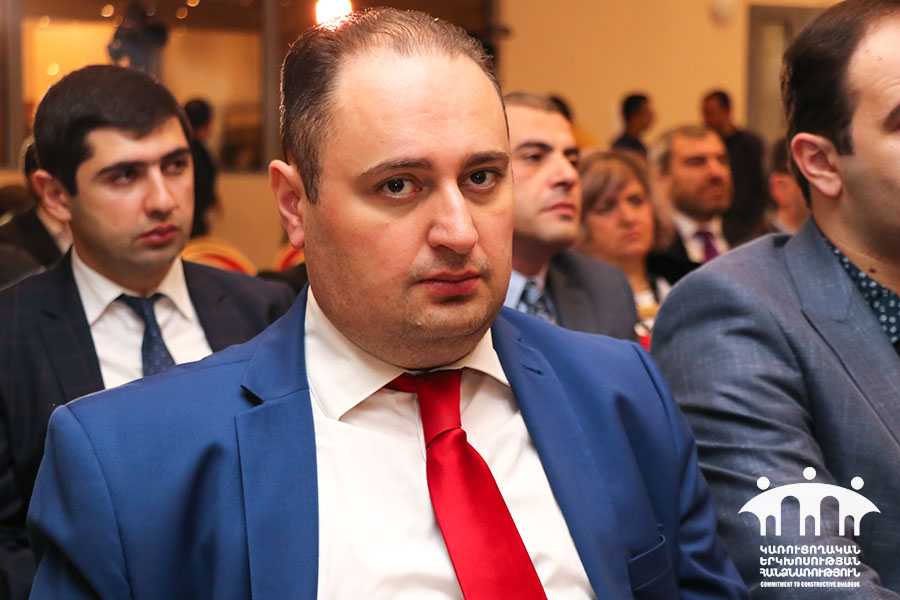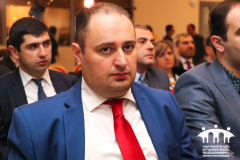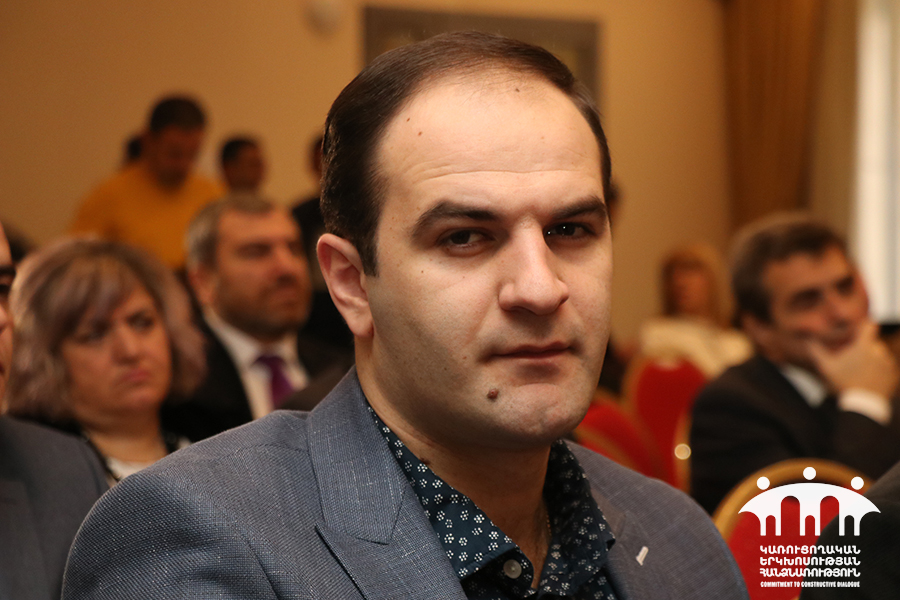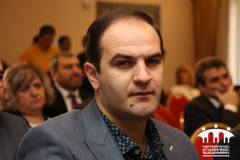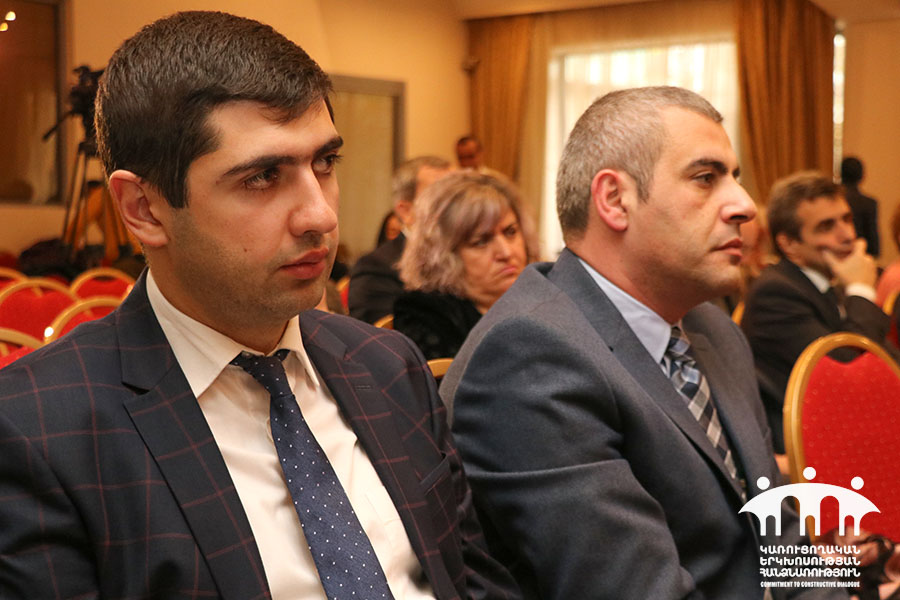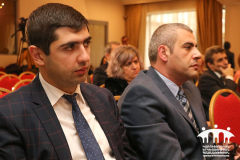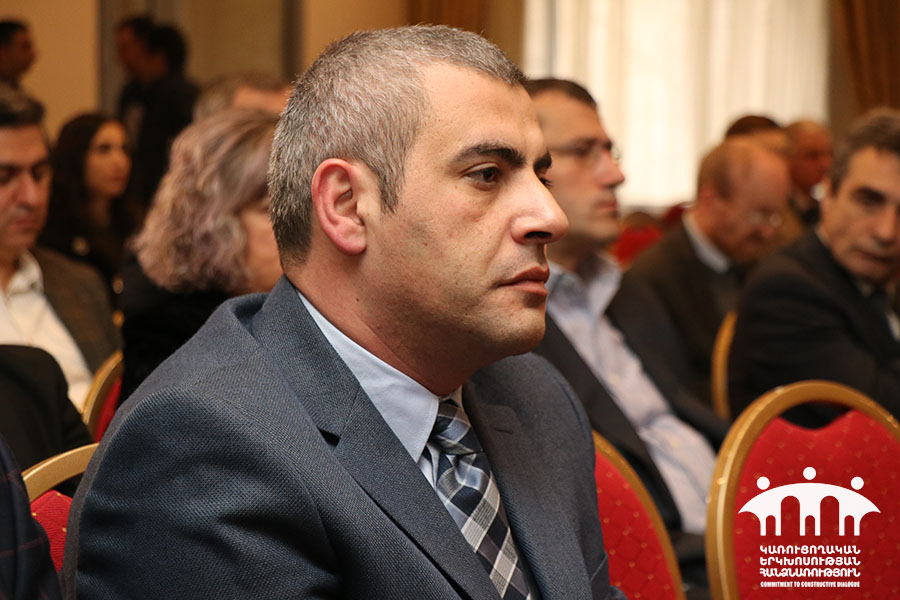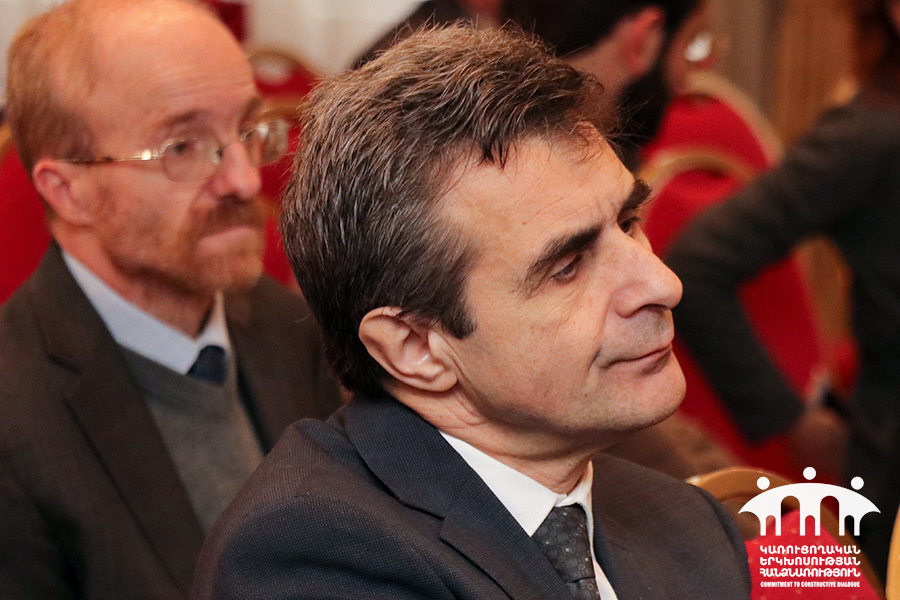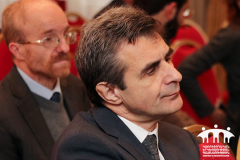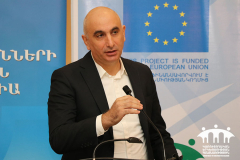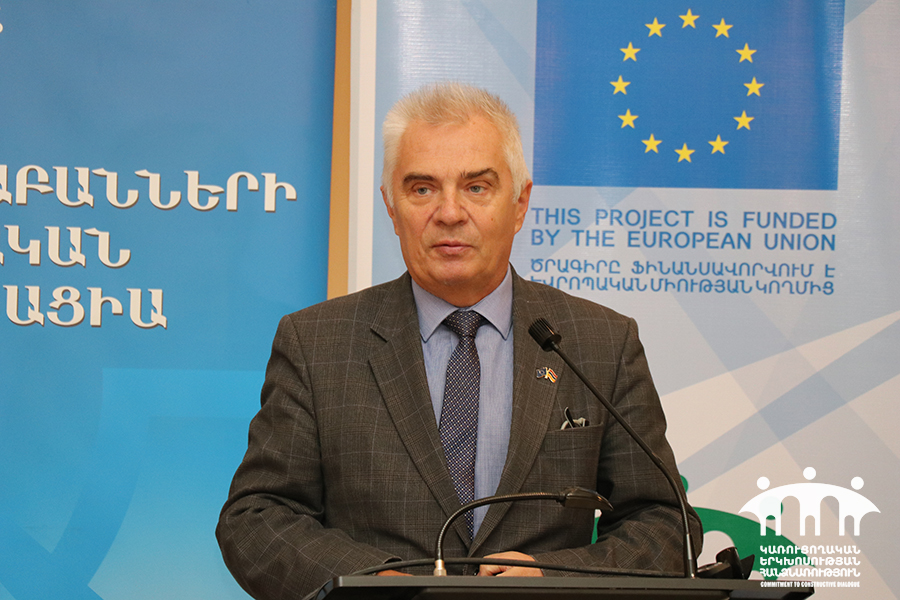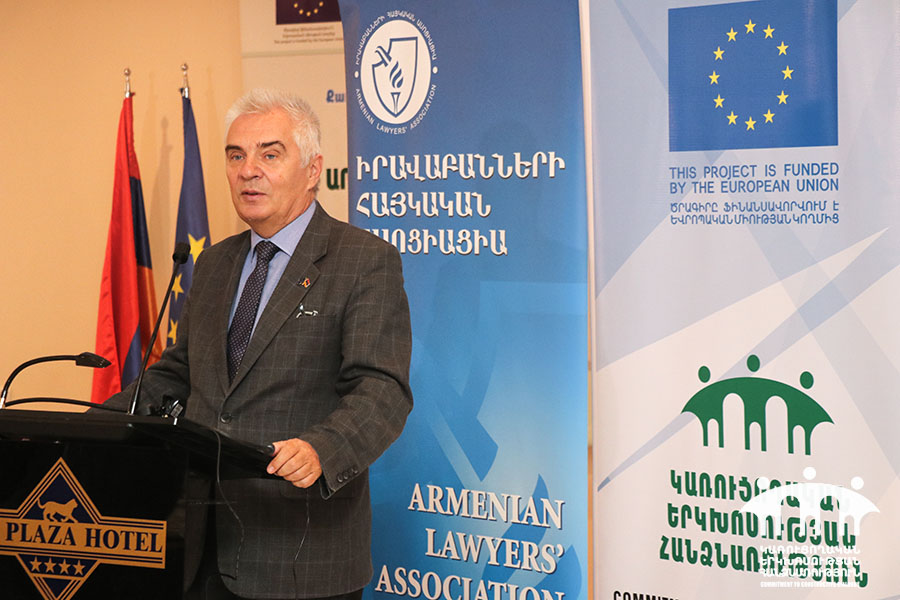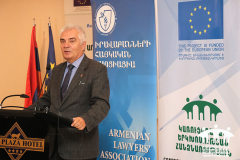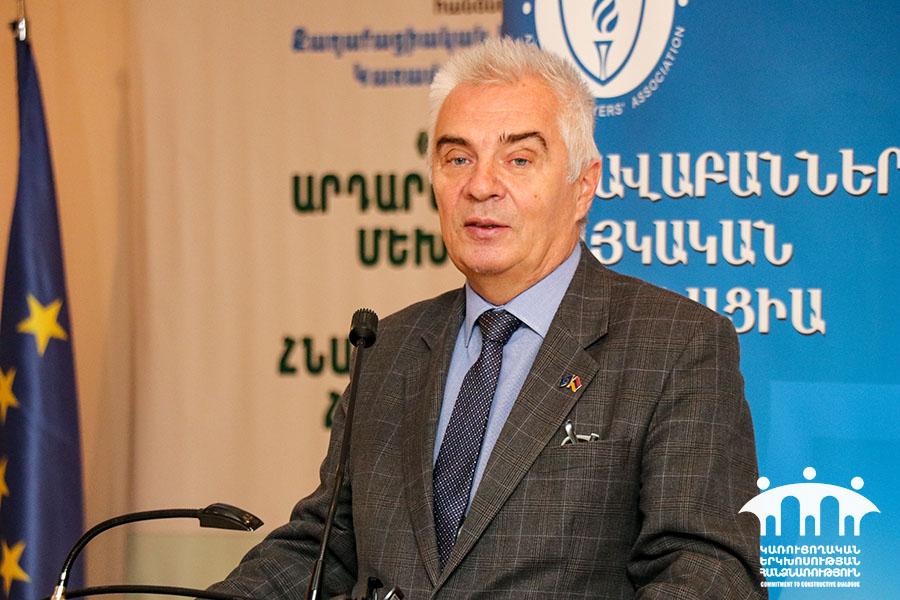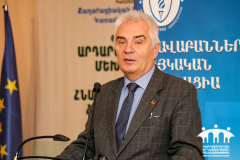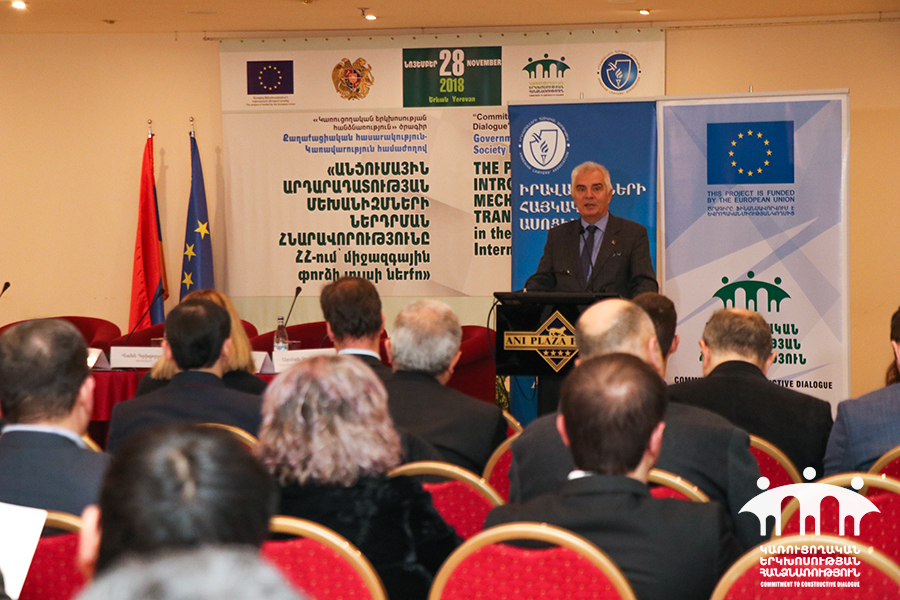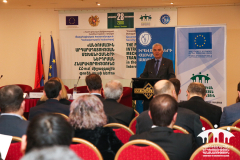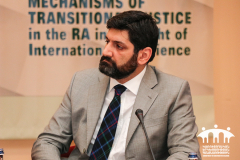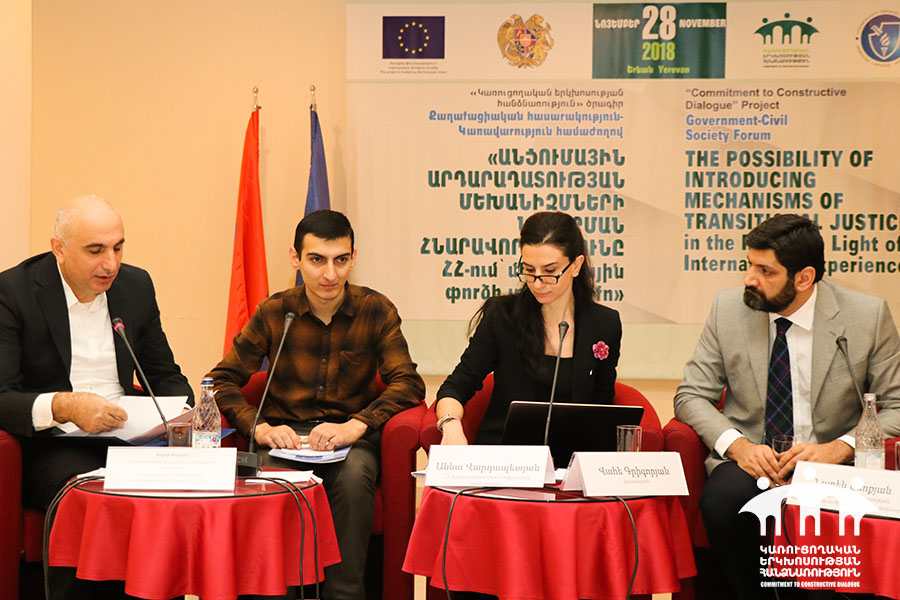
The Civil Society-Government Forum entitled “The Possibilities of Introducing Mechanisms of Transitional Justice in the RA in the Light of International Experience” organised by the Armenian Lawyers’ Association in cooperation with the RA Government within the framework of the “Commitment to Constructive Dialogue” project funded by the European Union was held on 28 November 2018.
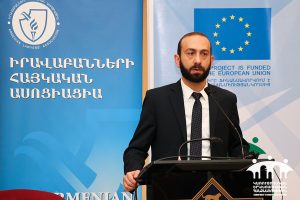
Acting First Deputy Prime Minister Ararat Mirzoyan thanked the organisers in his welcoming speech for organising such an event as transitional justice is interesting not only to professionals, but also to wider society. He noted that massive violations of human rights have taken place in Armenia throughout many years, and there had even been bloody pages, and today there is a possibility to disclose the truth.
“There must be criminal cases, the guilt, the crime and the names of the violators should be recorded, so that such these things are not repeated again, and they will be forgiven on behalf of the society through reconciliation,” A. Mirzoyan said.
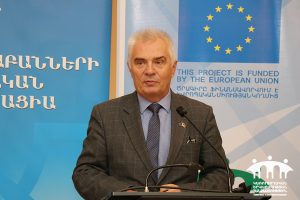
H.E. Piotr Antoni Świtalski, the Head of the European Union Delegation to Armenia, Ambassador Extraordinary and Plenipotentiary, noted in his welcoming speech that weather or not Armenia will proceed with introducing elements of the restorative justice is a sovereign decision of its people. However, if request is made to the EU, they are ready to support the Government in this process. “The EU – as the largest contributor to the transitional justice process, especially in its neighbourhood, can offer exchange of best experience and advice on how to connect this process with the overall justice reform,” he said.
He added, the EU is probably the largest financial contributor in the field of transitional justice. However, the states have to decide themselves whether, how and when to implement it, and no one, even friendly states, should intervene.
“We will never try to give even a hint of advice on how TJ should be conducted it in Armenia… The comprehensive and transparent nature of the process is essential, otherwise any TJ efforts will end up with selective justice… I believe that Armenia should make all efforts to avoid this,” Świtalski said.
He added, “Irrespective of this decision, the EU continues its support to the justice sector reform in Armenia. Recently a high-level Policy Dialogue on Justice sector reform has been launched, marking an important step in assisting the Armenian authorities in reforming the overall structure and functioning of the justice sector. This will contribute to efficient and effective administration of justice in line with EU standards and Armenia’s commitments under CEPA.”
“We, as a committed project and organisation, undertook the organisation of this forum by involving Armenia’s independent strong expert potential. We have carried out extensive research on transitional justice, studying the experience of around 35 countries, both successful and failed,” Karen Zadoyan, the “Commitment to Constructive Dialogue” Project Manager and the President of the Armenian Lawyers’ Association, said.
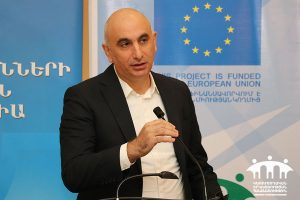
He mentioned that the first lessons to learn from the international experience is that the society should be aware of transitional justice, its objectives, and, most importantly, the people should know what will change in their lives as a result of this process.
The results of the study will be summarised after the conference, through adding all proposals that will greatly assist the government and political forces in making final decisions on implementation of transitional justice.
The best specialists and experts in the sector gave speeches at the forum. Adviser to RA Minister of Justice, Candidate of Law Anna Vardapetyan spoke not only about the international experience in the field of transitional justice, but also the discussions and controversial questions on applying it in Armenia. In her words, application of transitional justice should begin from the development of legal documents, particularly the concept note which doesn’t exist yet.
Speaking about fight against corruption and illicit enrichment through these processes, Anna Vardapetyan mentioned the mechanism of declaring amnesty of capital for admission of guilt.
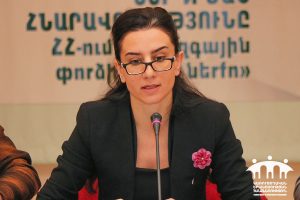
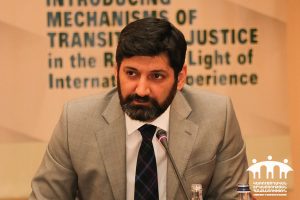
Advocate Vahe Grigoryan presented his viewpoint on the implementation of transitional justice: To be more specific, the victims and their needs should be in the centre of the process in terms of disclosing the truth and providing reparations. In his words, if the process doesn’t result in the state restoring the victims’ violated rights, then transitional justice has no “teeth.” In his words, transitional justice must be implemented without crossing the outline of the Constitution and international commitments.
International expert of transitional justice Arman Zrvandyan joined the forum via Skype. In his speech, he highlighted that application of one transitional justice mechanism cannot complement the other. He brought an example when criminal justice was implemented but no truth commissions were created and the truth on controversial cases was not revealed and the implementation of transitional justice process caused discontent of the public.
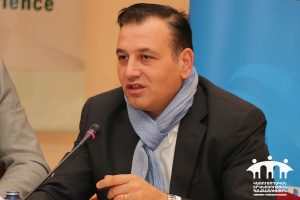
Adviser to RA Prime Minister Nikolay Baghdasaryan presented the need for implementing transitional justice in Armenia and its targets. He also presented the importance of creating truth commissions in this process.
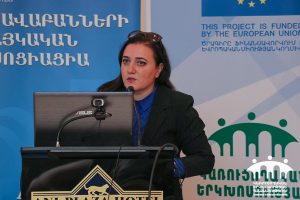
Zaruhi Mejlumyan, the President of the “Armenian Innocence Project” NGO, spoke about judicial mistakes in 1991-2016. She concluded her presentation with the proposition to create commissions in the scope of transitional justice implementation. The commissions will review the judicial verdicts that have already entered into force and in case of existing grounds the cases will be re-opened.
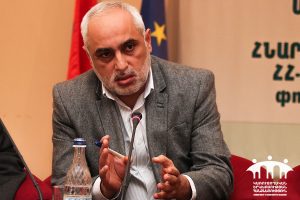
International Public Law Expert, Candidate of Law Ara Khzmalyan and advocate Karapet Badalyan presented in their speeches the experience of implementing reparation programmes, their types and lthe difficulties states experience during their implementation.
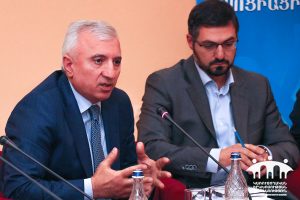
RA Supreme Judicial Council member, Doctor of Law Gevorg Danielyan, speaking about reparation programmes, emphasised the development of legislative mechanisms and taking organisational measures.
Expert on International and Comparative Constitutional Law, Doctor of Law Armen Mazmanyan also joined the forum via Skype. Speaking about implementing systemic transitional justice reforms, lustration and vetting, he presented one important nuance. In particular, if in case of lustration we speak about collective guilt and collective responsibility, then in case of vetting we deal with individual cases. Therefore, in case of lustration there might be a risk of human rights violations. He also mentioned that vetting must be implemented in the judicial system: The officials in this sector must go through professional and ethical checks. Their asset and income declarations must become subject to examination.
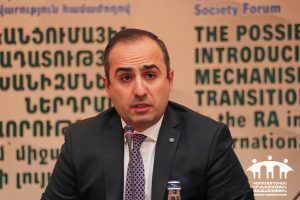
Former Research Associate on Transitional Justice at Harvard University, Human Rights Policy Centre, Candidate of Law Artyom Geghamyan spoke for the implementation of vetting in the judicial system. He noted that a vetting commission must be created for that, and legislative grounds must be designed for regulation of its activities. That commission must be guided by proper legal procedure and guarantee the protection of an person’s individual rights.
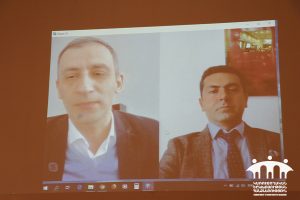
National Anti-Corruption Expert Mariam Zadoyan and National Experts of the “Commitment to Constructive Dialogue” Project Narek Yenokyan, Lusine Nalbandyan and Artyom Mesropyan, all representing the Armenian Lawyers’ Association, also gave comprehensive presentations on transitional justice mechanisms. They are the experts who worked on the above-mentioned report-research.
Karen Zadoyan, the President of the Armenian Lawyers’ Association and the “Commitment to Constructive Dialogue” Project Manager, presented the lessons learned from international experience during the research, the need for implementing transitional justice mechanisms in Armenia and the recommendations aimed at it.
Ambassadors of foreign states, high-ranking officials and representatives of RA state agencies, international organisations, civil society organisations, lawyers and experts participated in the event.



